ALL RIGHTS RESERVED
Examples of First Amendment rights in a rural area
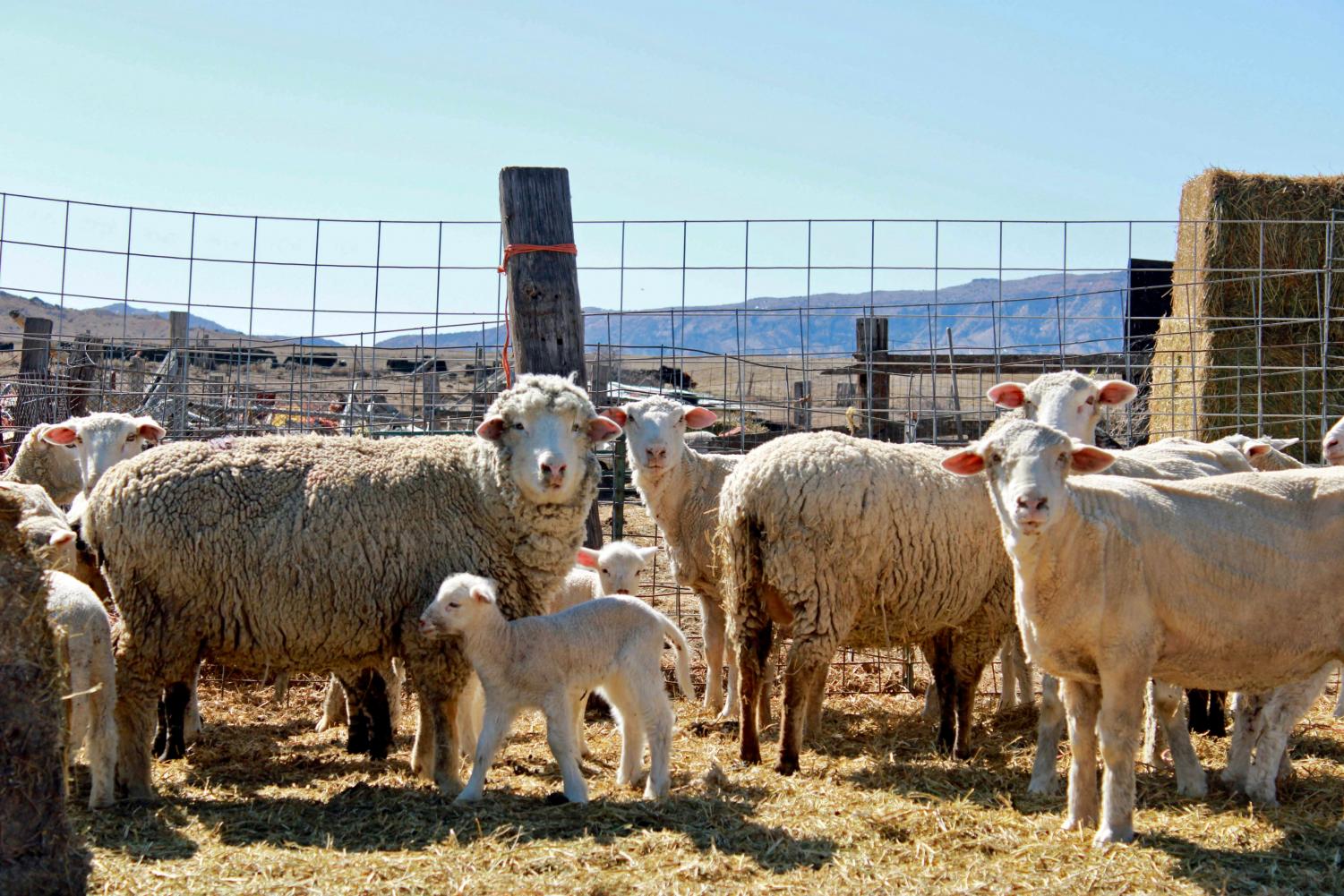
(EDITOR’S NOTE: This project was created as a Call to Action Project for the 2020 Al Neuharth Free Spirit and Journalism Conference. Wyoming representative and PHS Prowl editor Abby Landwehr wrote her project on examples of the First Amendment in a rural area.)
Congress shall make no law respecting an establishment of religion, or prohibiting the free exercise thereof; or abridging the freedom of speech, or of the press; or the right of the people peaceably to assemble, and to petition the Government for a redress of grievances.
– The First Amendment of the Constitution of United States of America, 1789
Wyoming is overlooked.
Wyoming is kind of like the forgotten kid of the family. You know the one, the kid that gets accidentally left at the grocery store and Mom remembers about halfway home, or is the last one of their teammates to get picked up from sports practice and has to wait with the coach until someone arrives. Yeah, that kid.
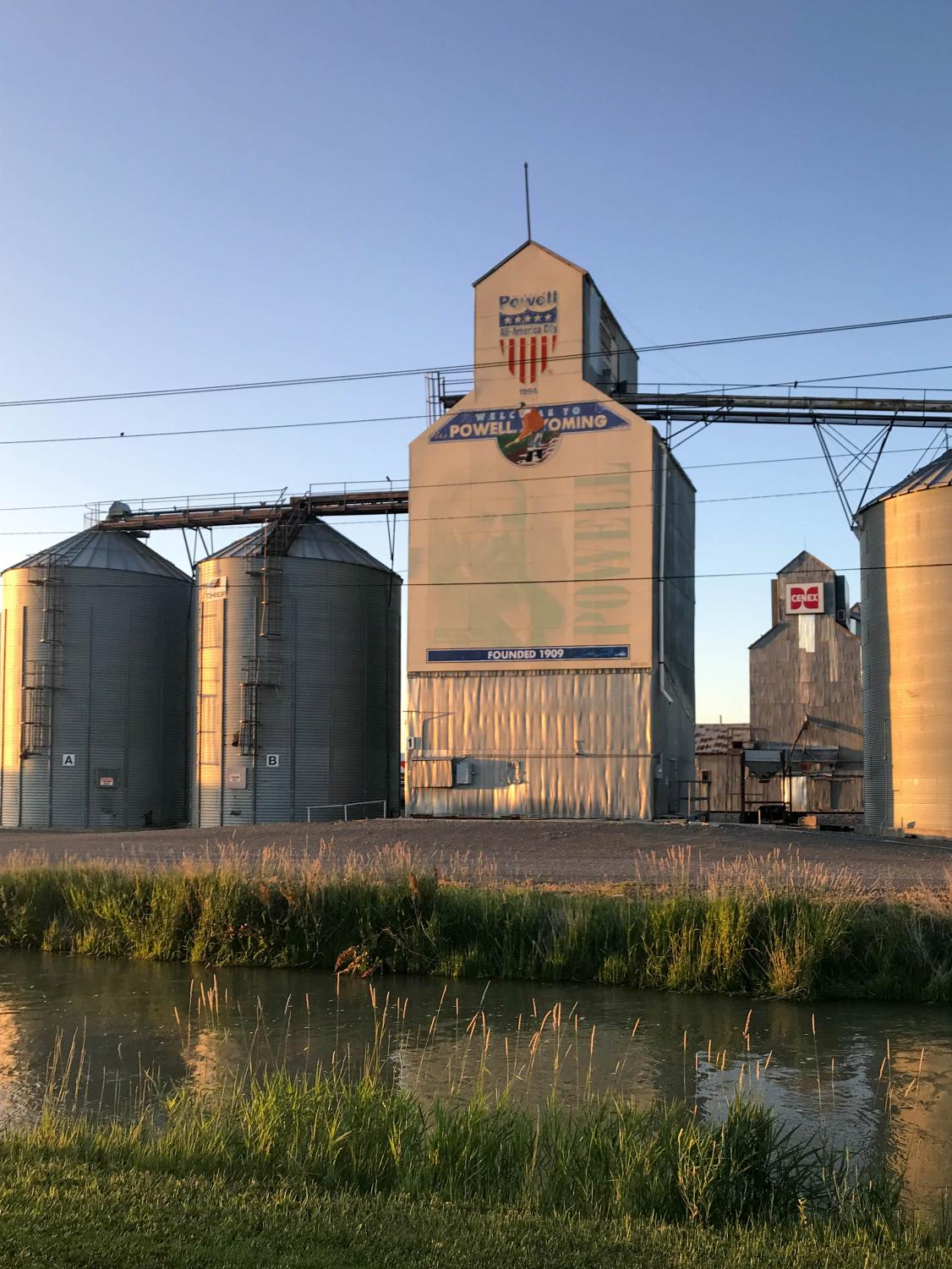
And as someone who’s lived in Wyoming for almost their entire life, we get it. Wyoming is the sort of place that people refer to when they say “the middle of nowhere.” To emphasize this point, according to the U.S. Census, Wyoming consisted of about 578,759 citizens last year. According to a report made by the U.S. Department of Agriculture in the same year, Wyoming consisted of about 1,320,000 cows.
However, I don’t want to play into stereotypes.
It came to my attention during the 2020 Al Neuharth Free Spirit and Journalism Conference that many of the other representatives from the other states genuinely did not know what it meant to live in such an unpopulated area. This became apparent when one of the representatives from a bigger area asked me what we did for fun in a town of around 6,000.
“Sometimes we go down to the river and throw sticks in the water,” I joked. He thought I was genuinely serious. I was not. One, because the river is in the town 30 minutes away and two, we do have things to do around here, you just have to get creative.
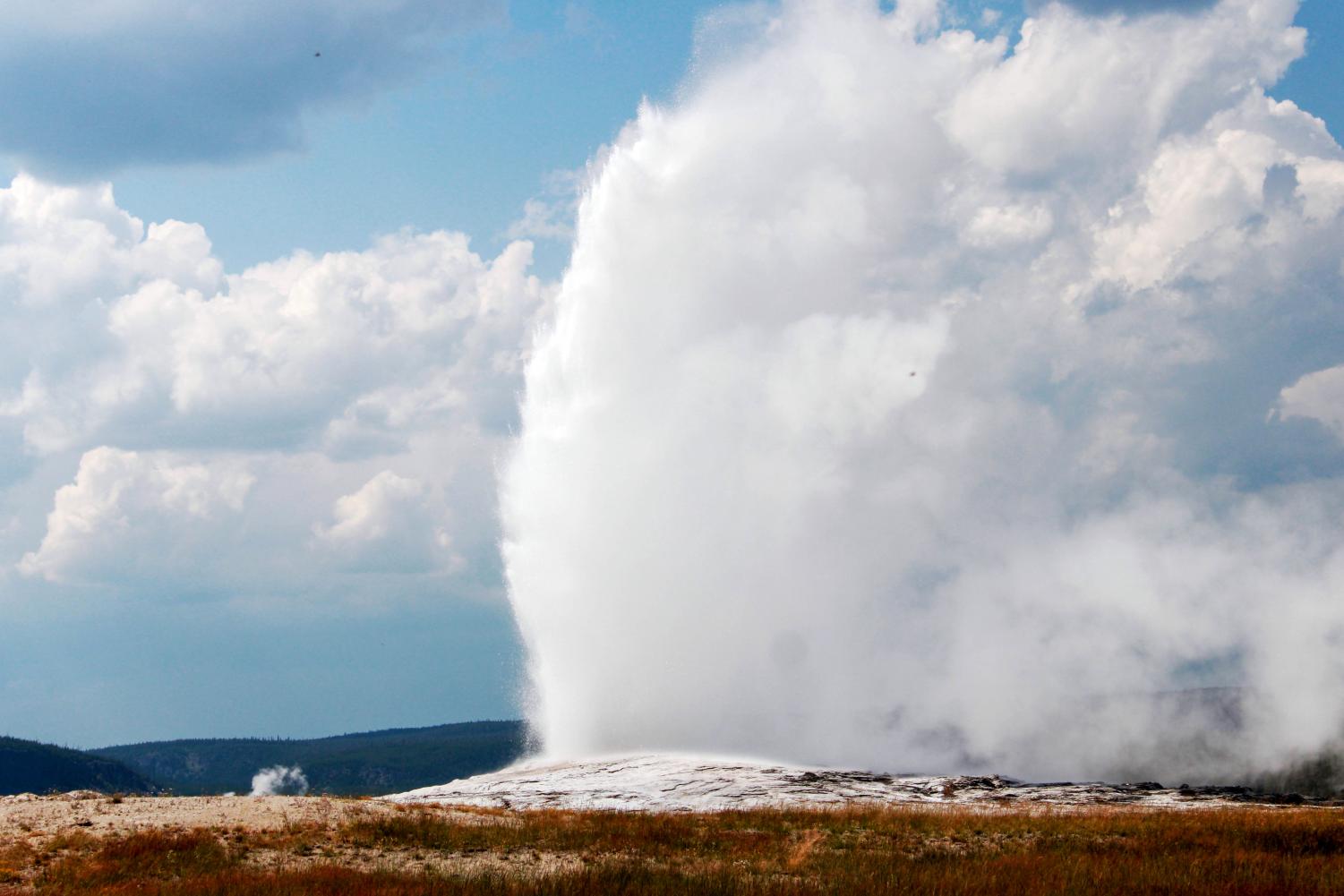
Regardless, his story has been added to the strange stories or assumptions I’ve gotten about my home state. A couple of my favorites include being asked if Wyoming has electricity (we do), told that people in Wyoming only have country radio stations (nope), and finally, that there are no cars in Wyoming and people instead ride horses everywhere (also no, but sometimes students will ride their horses to school for special occasions).
For this reason, I felt like it would be beneficial to offer up a little bit of guidance to what it’s actually like to live in a rural area. Alongside this, because many people are passionate about their rights around here, one of the most effective ways to illustrate this is through examples of the First Amendment.
Provided below are examples of each of the five rights within Park County, but mostly focused on my hometown of just above 6,000, Powell Wyoming.
Press
One of the very first assignments I ever had to complete in journalism was to memorize and recite the First Amendment in front of my peers.
After reciting it for six semesters, I have the words down by heart.
Every piece of journalistic work I’ve created since then, I’ve created it with the First Amendment in mind. In a school where our school administration waived their ability to prior review, our publication has the duty to use the freedom of press and our journalistic expression responsibly.

“I emphasize that it’s not to be taken lightly,” Powell High School English teacher and PHS Prowl Advisor Vincent Cappiello said in response to being a classroom working under the freedom of the press. “Yes it’s our right but I also think that there’s privilege that comes with being a journalist that we have to respect.”
The four main ideas that the Powell High School online newspaper, the PHS Prowl, produces content with is to seek truth and report it, minimize harm, act independently, and be transparent and accountable. All four of these ideas are reported as the four tenets of journalism as described in the Society of Professional Journalists’ Code of Ethics.
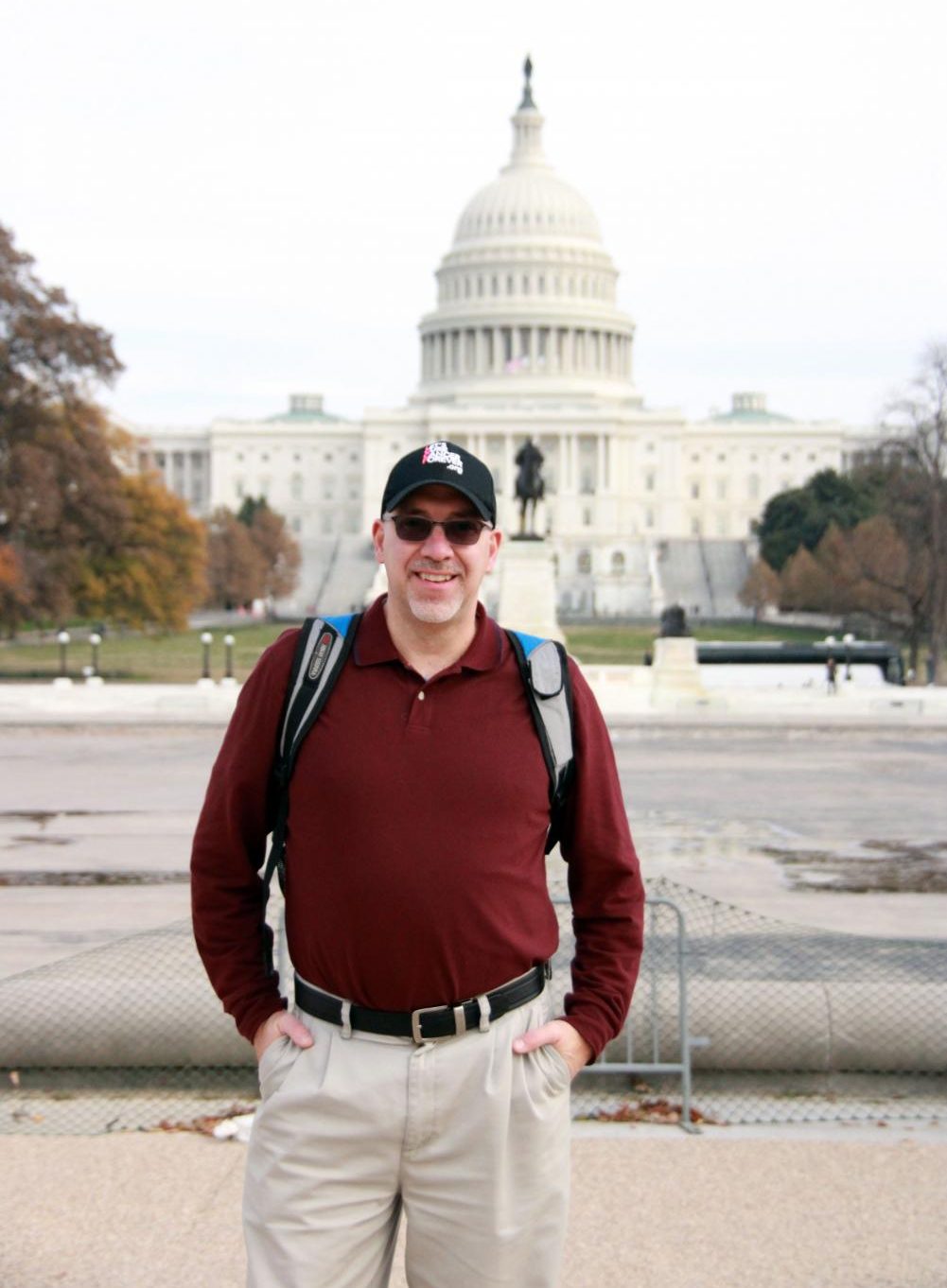
Overall though, much like Cappiello has taught in class, the fundamental purpose of the press is to be the “eye witness for those who cannot be where an event takes place.”
“The function of the working press in a smaller town can really serve the public well by exercising rumor control,” Cappiello said. “Even if it upsets the guys at the barber shop or the ladies at the hair salon, facts are facts and they cannot be disputed.”
Cappiello said the best way to harbor an appreciation and understanding for all First Amendment rights is to talk about them more often. He also expressed worry regarding how the First Amendment is interpreted.
“When you ask what it means to me, I’m concerned,” Cappiello said. “I think there’s way too much loose interpretation of those freedoms and as a result, people are beginning to take advantage of them.”
“Now more than ever, we need a responsible working press,” Cappiello added.
Assembly
During the summer of 2020, Black Lives Matter protests began being organized in many different areas across the nation. Joining the events, Park County planned their own event, a Peaceful Rally Against Racism, to take place in Cody, Wyoming’s City Park on June 7.
“I feel that it is just as important, if not more important, for the BIPOC community to see rural America taking a stand with them,” Melissa Maier, one of the event’s co-coordinators, said. “I believe our community needed to step up and send a message to the Black community, and BIPOC community as a whole, that there are racial justice warriors and BIPOC allies in Park County, Wyoming.”
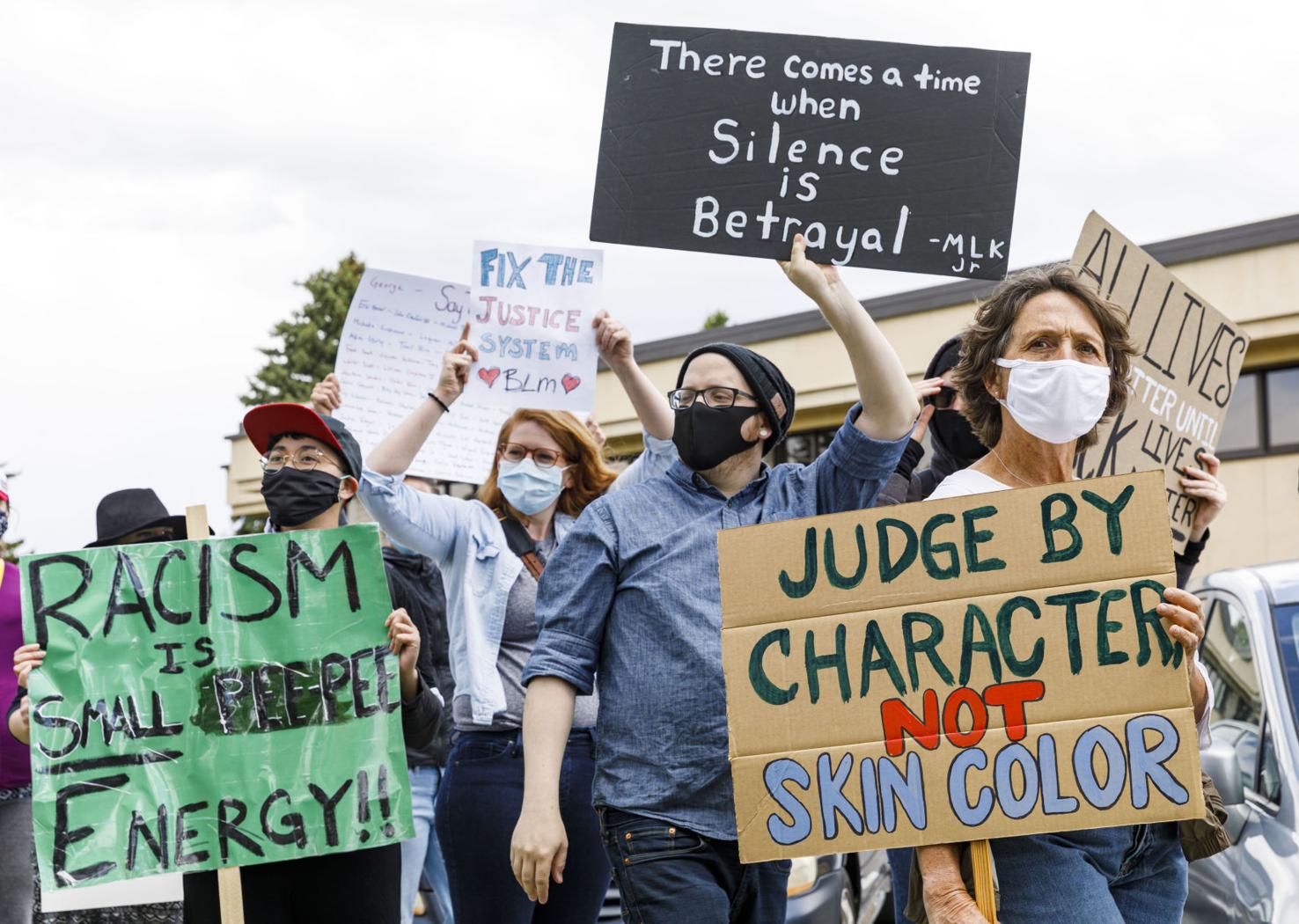
While around 350 people gathered within the park, outside the perimeter of the area where the protest took place, about 30 armed citizens stood and watched. Many of them told local reporters that they were armed in response to seeing violence break out during other BLM protests in bigger cities. The citizens said that the weapons were meant to discourage the protest turning towards looting and burglary.
However, all recent BLM protests around Wyoming at the time had remained peaceful.
“If we undermine the rights of those who disagree with us simply because they disagree, then we undermine and threaten our own rights,” Maier said. “And, just as we had the right to peacefully assemble in the name of racial justice and anti-racism efforts, the armed counter-protesters also had a right to be there exercising their First and Second Amendment rights, so long as they were doing so peacefully and within the law.”
Despite any conflict among opposing parties, the event remained peaceful. Alongside this, Maier said that she believed that the original purpose of the event was successful.
“That we could bring together allies in Park County to stand in solidarity with the BIPOC community,” Maier said when asked what the intent of the protest was. “[We could] ensure that our allyship was seen and heard… and prove to ourselves that coming together was possible even in the face of dissent and resistance from some of our neighbors.”
Maier said that understanding her First Amendment rights and the rights of others was one of the things that allowed for the protest to carry out the way that it did.
“My First Amendment rights are the bedrock of what it means to me to be a free human,” Maier said. “If we cannot freely exercise what fundamentally makes us human, then, as some would argue, we are not really living, at least not wholly.”
“I feel grateful to have the freedom, as set forth in the First Amendment, to radically exercise my humanity, and I will fight to uphold that important collection of rights for others,” Maier added.

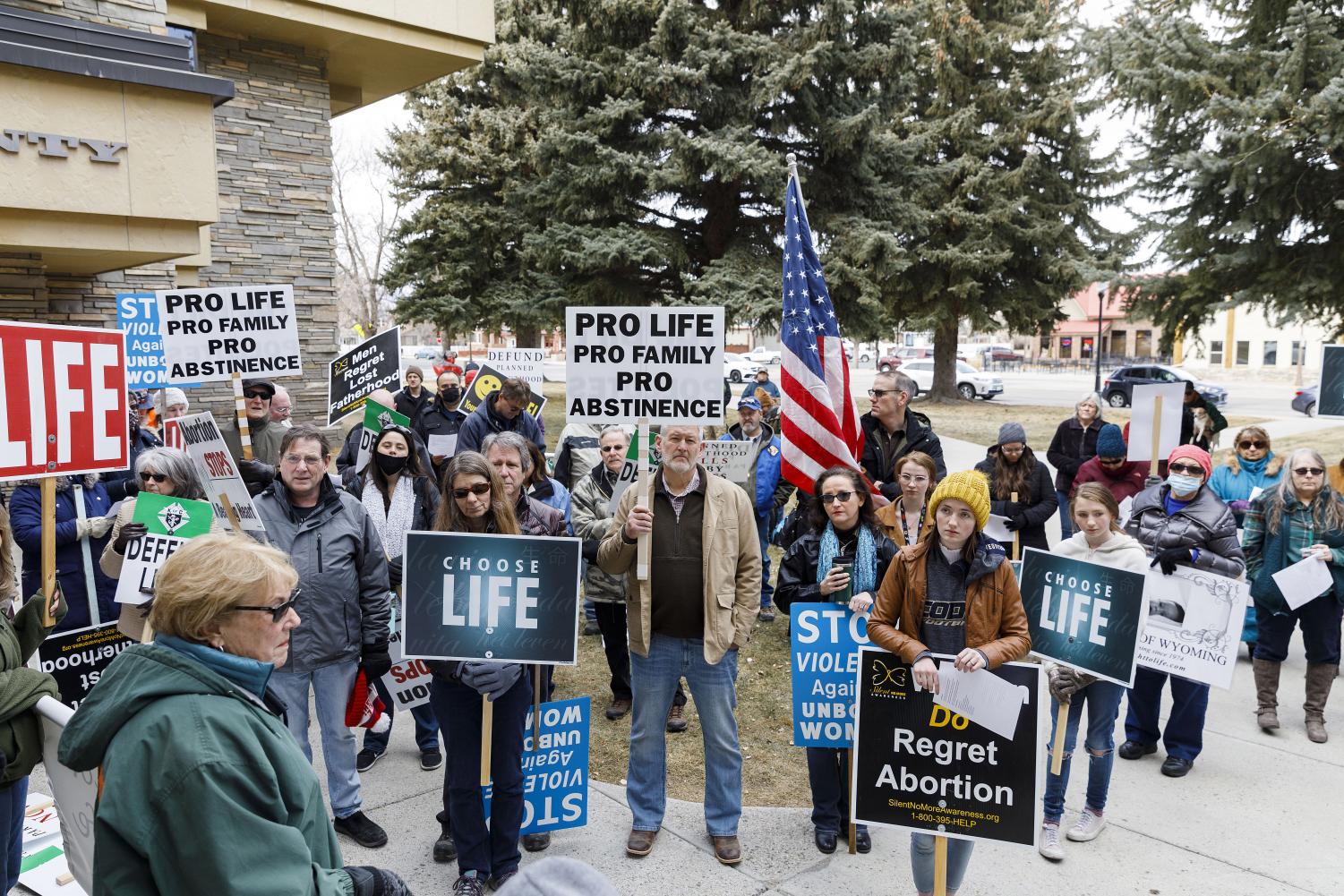
About 6 months later, another rally took place in the Cody area. The March for Life rally took place on January 30 and a crowd of about 100 participated in another walk. This walk, however, was in solidarity for the lives of aborted babies and an attempt to discourage the act of abortions.
The Right to Life March is an annual protest that has been put on to commemorate the anniversary of the trial of Roe v. Wade. The event consists of many different Christian churches around the community gathering together to unify to support the rights of the unborn.
Among the organizers of the rally was the outgoing president for the Right to Life organization, Carol Armstrong. Armstrong said that she had chosen to put on the rally with the intention of educating and bringing attention to an issue in the country.
“Because I believe in life,” Armstrong said. “I am a person of faith and I believe it is an evil thing to stop a beating heart.”
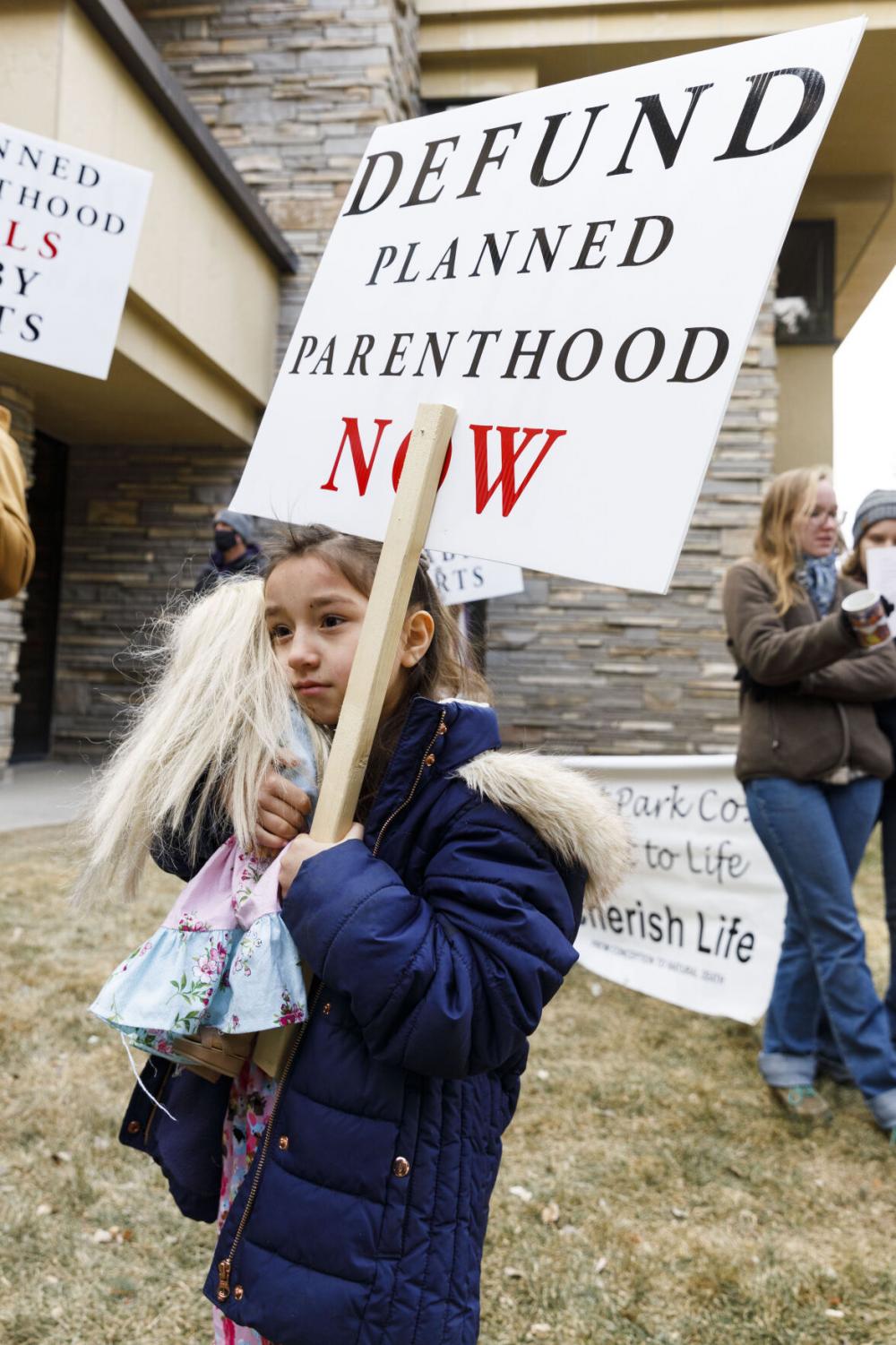
I asked Armstrong if she was familiar with her first amendment rights. She said she was and asked if I was familiar with them as well. I assured her I was and asked if she would be willing to list the five rights of the First Amendment for me. She told me that she was eighty-seven, was hard of hearing and seeing, and was not willing to do so.
“I would just as soon not do that for you, but you know them,” Armstrong said.
And I did know them. After listing the five off, I asked her what they meant to her.
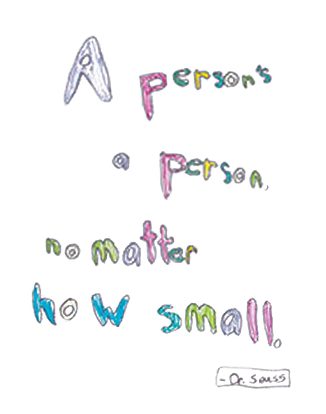 “Those [rights] mean everything. Without them, we have nothing,” Armstrong said. “You look at these countries that don’t have these rights. Where are they? They’re slaves. They’re slaves to dictatorships.”
“Those [rights] mean everything. Without them, we have nothing,” Armstrong said. “You look at these countries that don’t have these rights. Where are they? They’re slaves. They’re slaves to dictatorships.”
However, under the Biden administration, Armstrong said that our country is heading in a similar direction.
“With the Democrat party and the things that they’re proposing, they’re attacking our rights,” Armstrong said. “We have a beloved constitution, and we have beloved rights to live in this country as free people.”
“God bless America and God bless you,” Armstrong added.
Religion
For a small town, there’s over 20 churches in the Powell area. Specifically, in Powell the majority of religions include Catholics, Protestants, Lutherans and Latter Day Saints.
“It’s our right to worship in the way we want and believe the way we want,” New Life Church of Powell pastor Tim Morrow said. “It means I am free to say, associate, and speak, and worship and practice my religion however I choose to do that… [The freedom of religion] protects us and says we have a right to believe how we want to believe.”
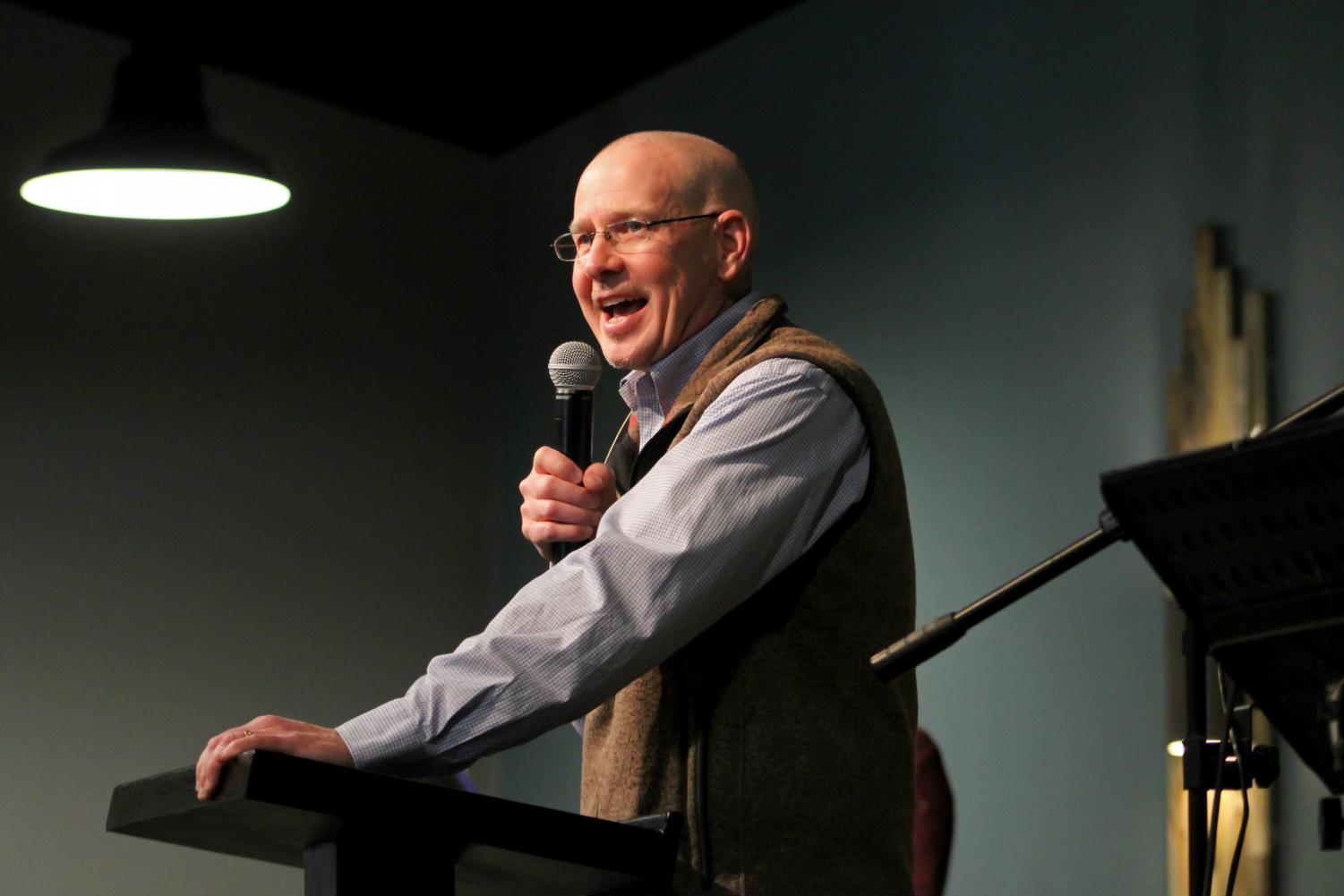
The New Life Church of Powell is a Nondenominational Christian church that has been a part of the Powell area for quite a while now. But the church has grown in size within the past couple of years.
“You get to know a lot more people in the community,” Morrow said in response to pastoring in a smaller area. “You’re more impactful in your community because you know everybody.”
Morrow said that one of the benefits of pastoring in a smaller area is being familiar with others around the area, which has really benefited the church regarding events and services. He said that projects such as working with foster kids and helping causes have also been advantaged by working with local community members.
“A lot of that has really took off because we know people in Powell,” Morrow said.
Morrow said that he considered his First Amendment rights to be God-given.
“The founding fathers said they are given by our creator, so we think that these are unalienable rights [are] not given to us by the government,” Morrow said. “You know, God created man-kind so I believe that I have a right to say whatever I want to say. I don’t think the government has the right to infringe on either [political party]’s.”
“I would say that we are just in a place where we all need to take a deep breath and think, what do I want? What do I want this nation to look like?” Morrow added.

Petition
The second impeachment trial for then-President Donald Trump was in response to Trump’s role in the Jan. 6 riots at the Capitol. 232 House of Representative members voted in favor of the impeachment. Among the representatives that voted to impeach Trump was the Republican Wyoming Representative, Liz Cheney.
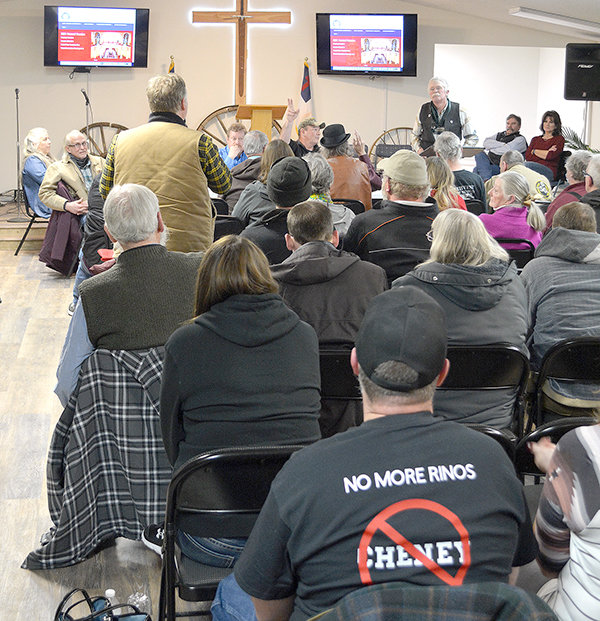
Within a majorly conservative state, there were disagreements with whether Cheney’s actions represented the political views of the area correctly and in response, many of Wyoming’s Republican counties moved to censure Cheney. The Park County Republican Party also met to discuss whether or not the county wanted to censure the congresswoman as well.
“We felt that she did not vote the way that the people of Wyoming sent her to,” Park County GOP Chairman Martin Kimmet said. “It’s on all of us to hold whomever it is accountable. Be it our children when they steal candy from the Five and Dime, or a U.S. Representative who we feel doesn’t do the job that she’s supposed to do.”
In the end, the Park County GOP voted in favor of censuring Cheney. While the party could not completely remove Cheney from office, they could still call on her to resign from her position. Kimmet made it clear that the group’s response was to Cheney’s actions, and not her as a person.
“Her job is to represent Wyoming,” Kimmet said. “If one does not have accountability or is held accountable for their actions then they can just keep on doing what they choose to do.”
However, in response to the calls to action, Cheney refused to step down from her position of office and maintained her stance on her voting.
“The single greatest threat to our republic is a president who would put his own self interest above the Constitution, above the national interest,” Cheney said in an interview with Fox News Sunday.
“As I’ve explained and will continue to explain to supporters all across the state, voters all across the state: The oath that I took to the Constitution compelled me to vote for impeachment,” Cheney said. “It doesn’t bend to partisanship, it doesn’t bend to political pressure. It’s the most important oath that we take, and so I will stand by that.”
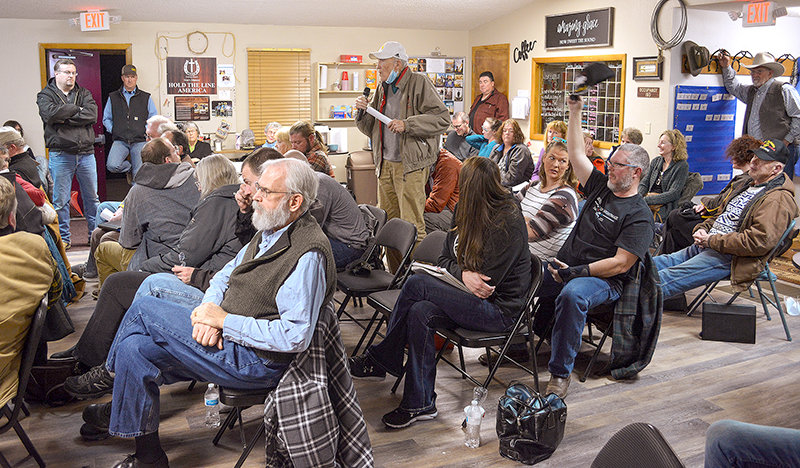
Kimmet said that First Amendment rights, specifically the right to free speech, was being violated throughout the impeachment trial. Both instances of President Trump’s case and the House of Representative’s discipline of U.S. Rep. Marjorie Taylor Greene, R-Ga. were examples of the violations. In response to being asked what his own First Amendment rights meant to him, he said that they felt like a representative of his country on the whole.
“Be it metropolitan America or rural America, it’s the freedoms that are guaranteed,” Kimmet said. “Our freedom to speak, our freedom to go to church, our freedom to get together with our family or with an organization. [The rights] just mean freedom.”
“Too much politics and not enough patriotism in this world right now,” Kimmet added.
Speech
In the interviews with all sources cited beforehand, I asked each person if they could list off their First Amendment rights for me. While not every source could recite all five, each source confidently told me that they had the freedom of speech.
And in each of the aforementioned examples of the First Amendment, the freedom of speech is in use.
“Everything revolves around freedom of speech,” Cappiello said. “The five freedoms guaranteed by the first amendment are rooted in freedom of speech.”
The original idea of the freedom of speech stemmed from suppression and censorship of prior governing experiences with other countries. Since adopted in the United States Constitution in 1791 as a part of the Bill of Rights, the concept of the freedom of expression has become a foundation of most modern democracies. The definition of the freedom of speech means to express oneself without having direct governmental interference or censorship.
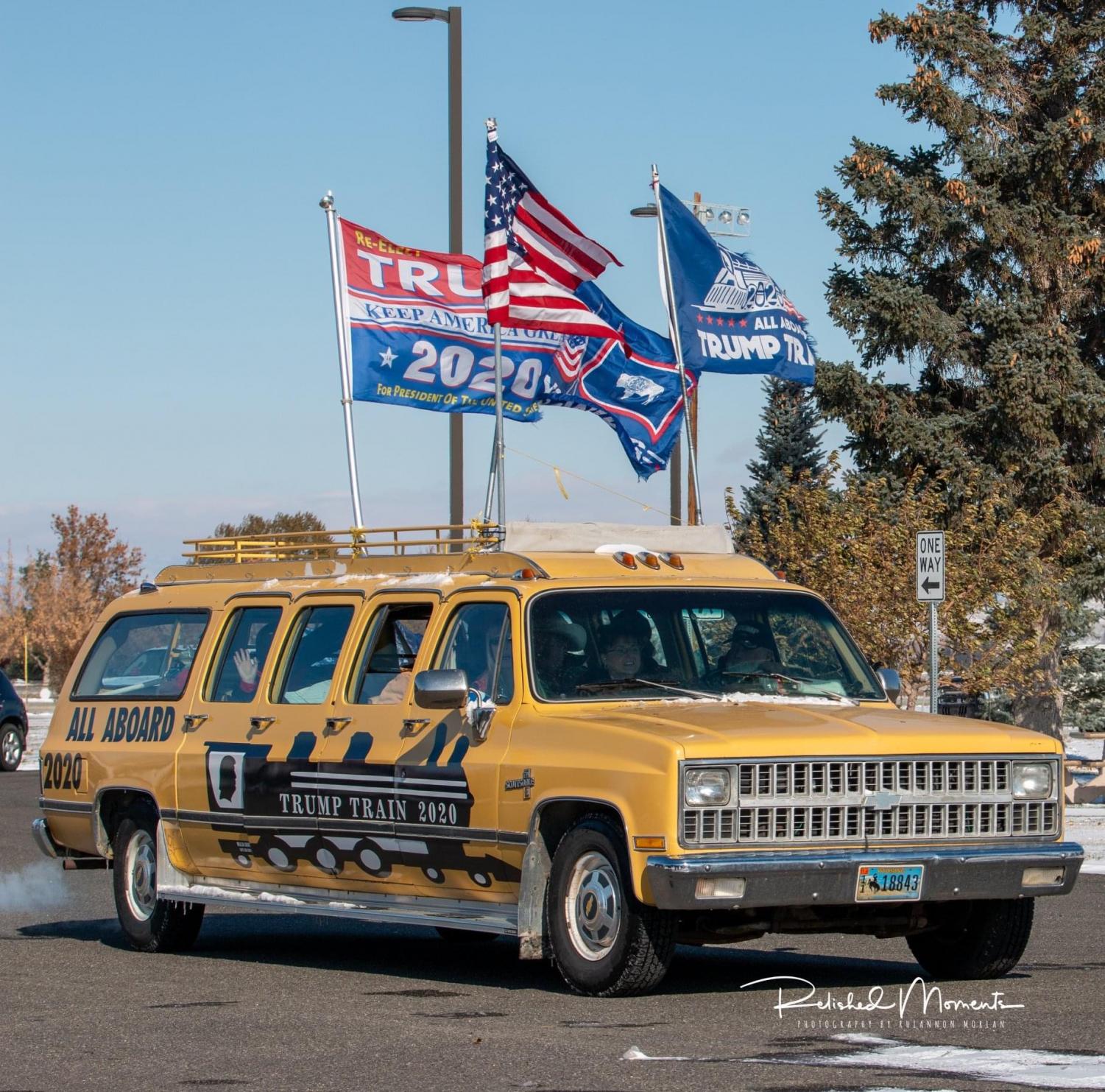
Though the explanation of the freedom of expression is simple, even free speech has its limitations. You can’t yell fire in a crowded room without direct consequences. Because of the vague wording in the Constitution, much of the interpretation of what free speech covers has been left up to the court systems. Due to recent political events, the boundaries of what this right covers are becoming tighter according to some of the sources I talked to.
“When it comes to speech, I believe that that is a right that is being trampled on.” Morrow said. “I think if we aren’t careful we could lose some of these precious rights… rights are easily lost… what we have is fragile.”
A yellow suburban dubbed “The Trump Train” is considered to be protected by the freedom of speech. The vehicle itself, owned by Robert Langdon is covered in flags, stickers and decals all in support for then-President Donald Trump. On the side of the suburban, a decal reads “Trump Train 2020”.
The Trump Train grew in popularity during the summer and fall of 2020 when it led rallies from Powell to other towns. Citizens would show support for Trump by decorating their cars with campaign gear and following behind the yellow suburban to the rally’s destination.
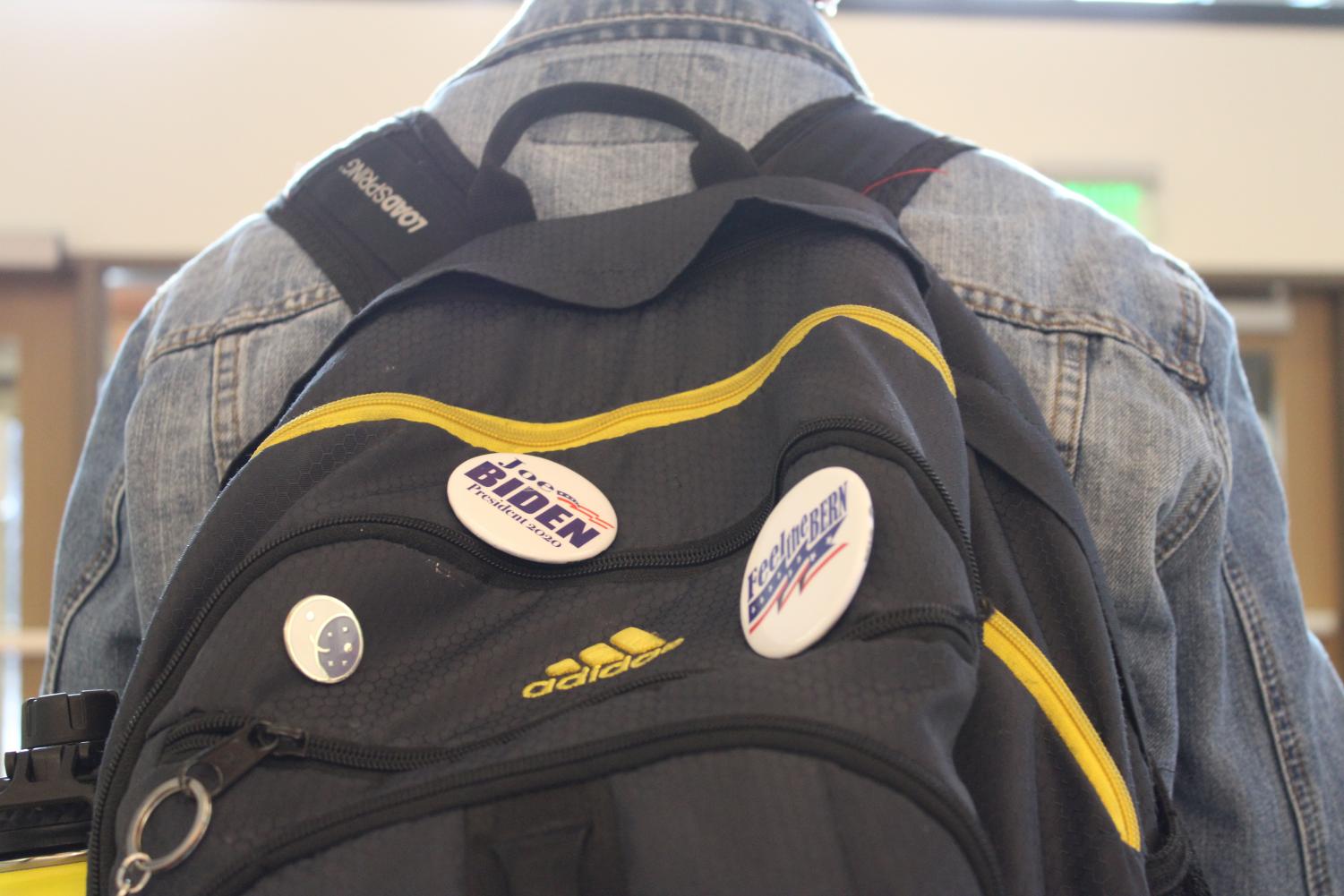
A more common example of the freedom of speech would be political and activist themed pins. For example, it’s common to see students in Powell High School wearing these types of pins on backpacks, jackets and clothing.
To the right, a pin supporting the Bernie Sanders campaign, a pin supporting the Joe Biden campaign, and a rainbow pin supporting the LGBTQ+ community.
Regarding school policy, political gear is allowed as long as the attire or item does not cause a “substantial disruption to the educational process.” Students have been asked to remove political items before.

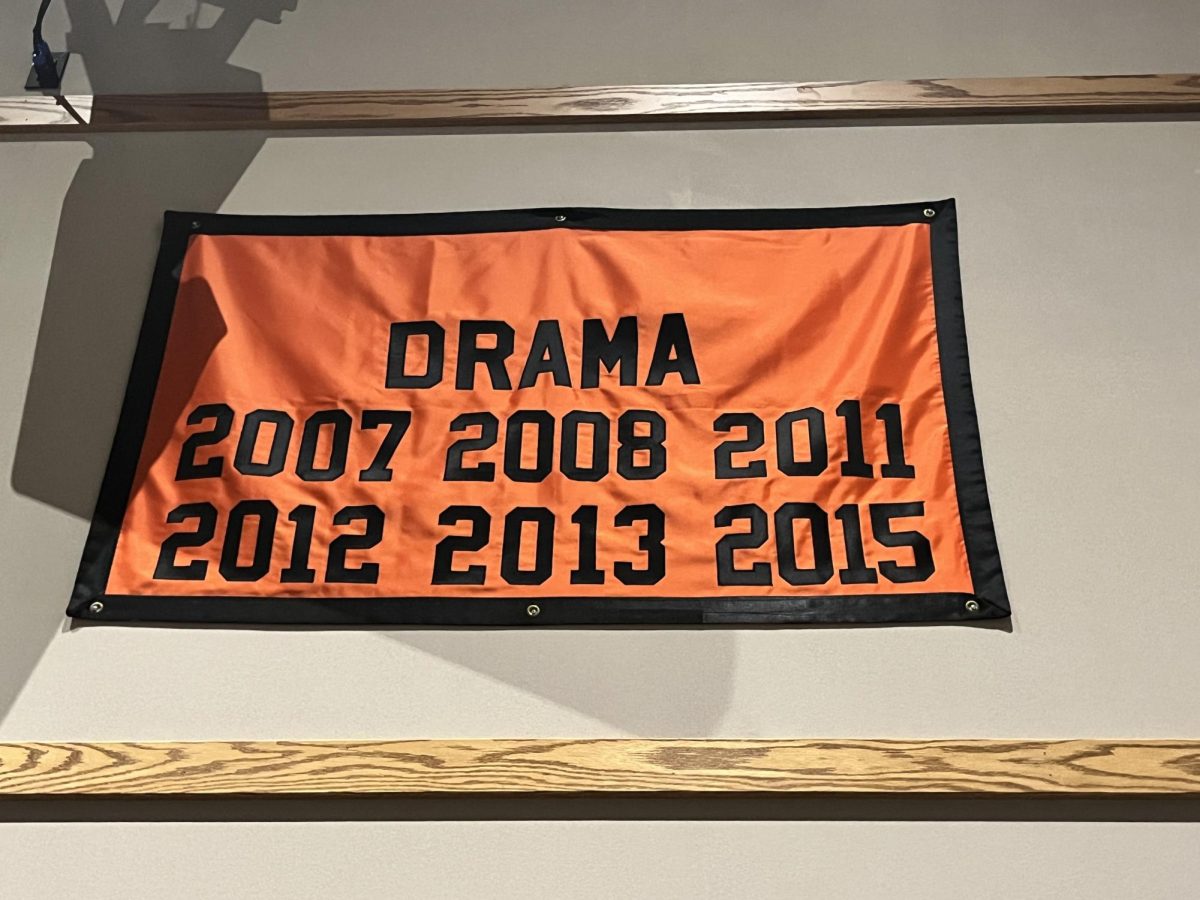
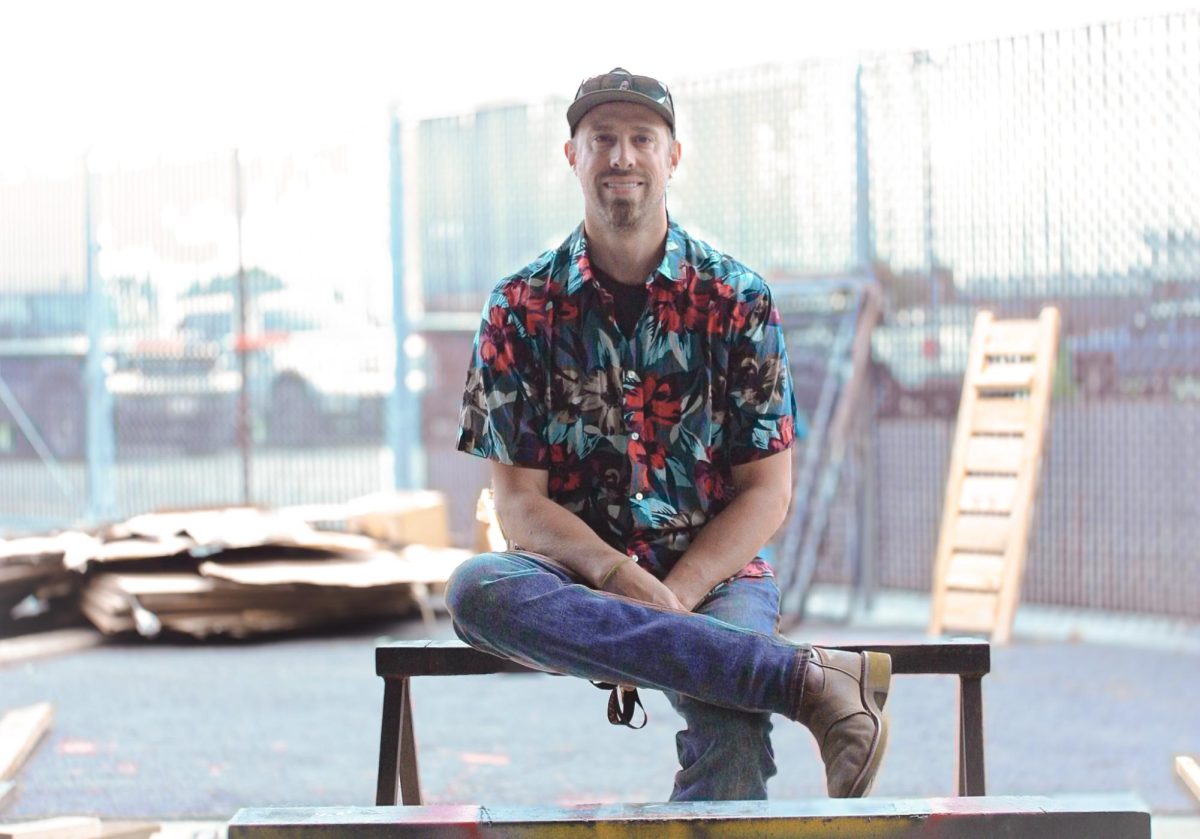

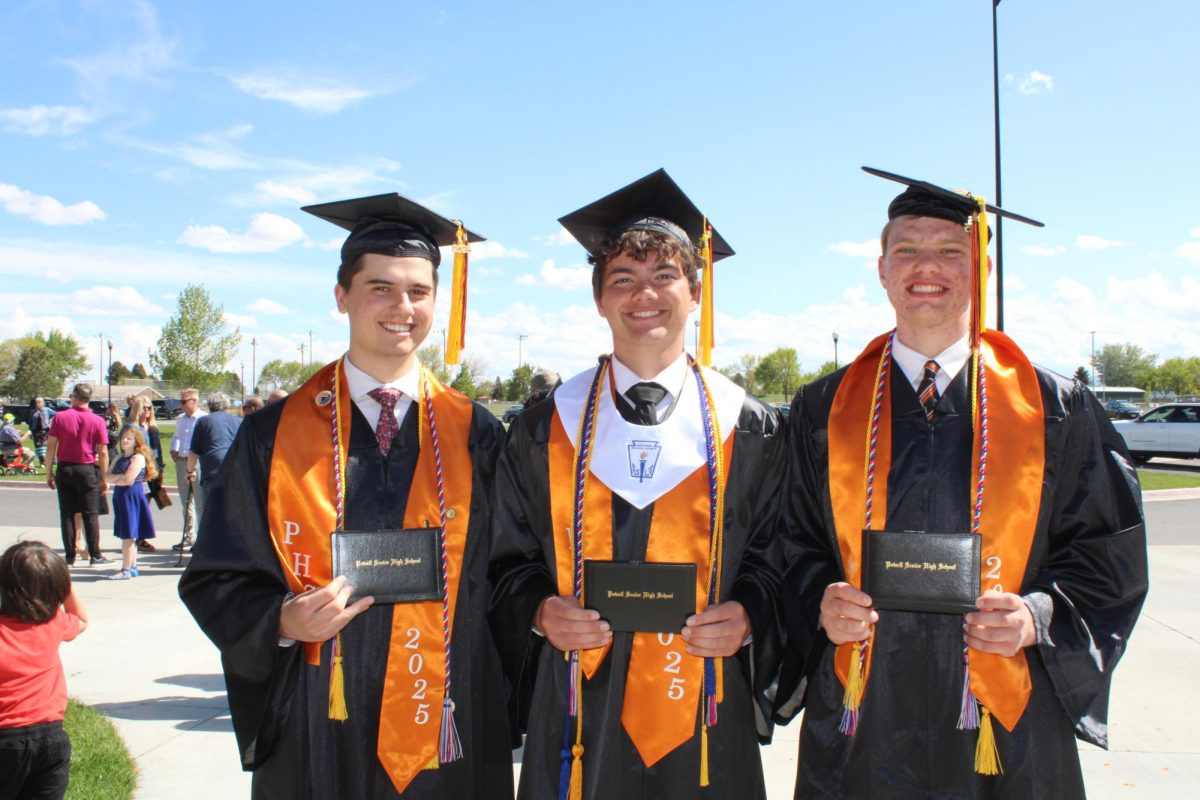

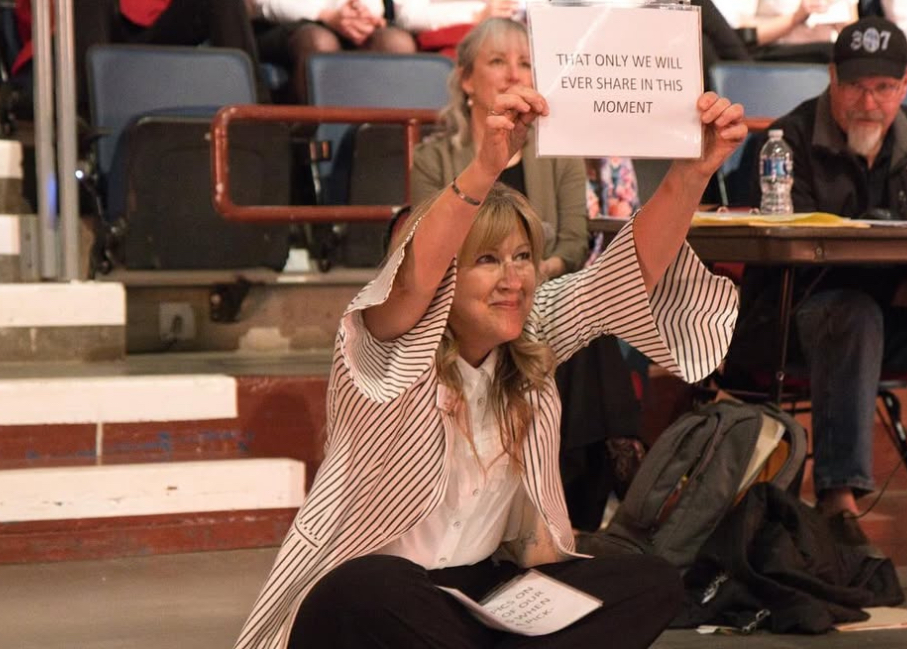
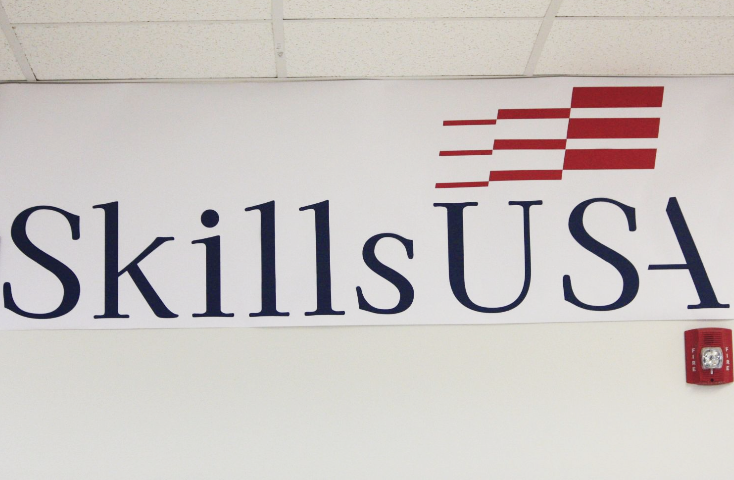

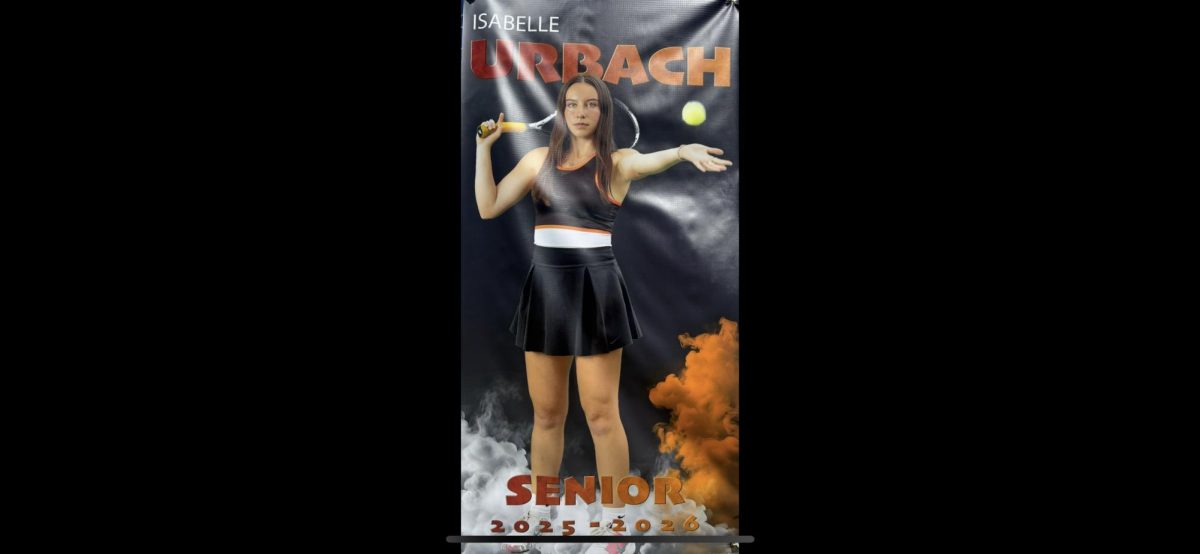
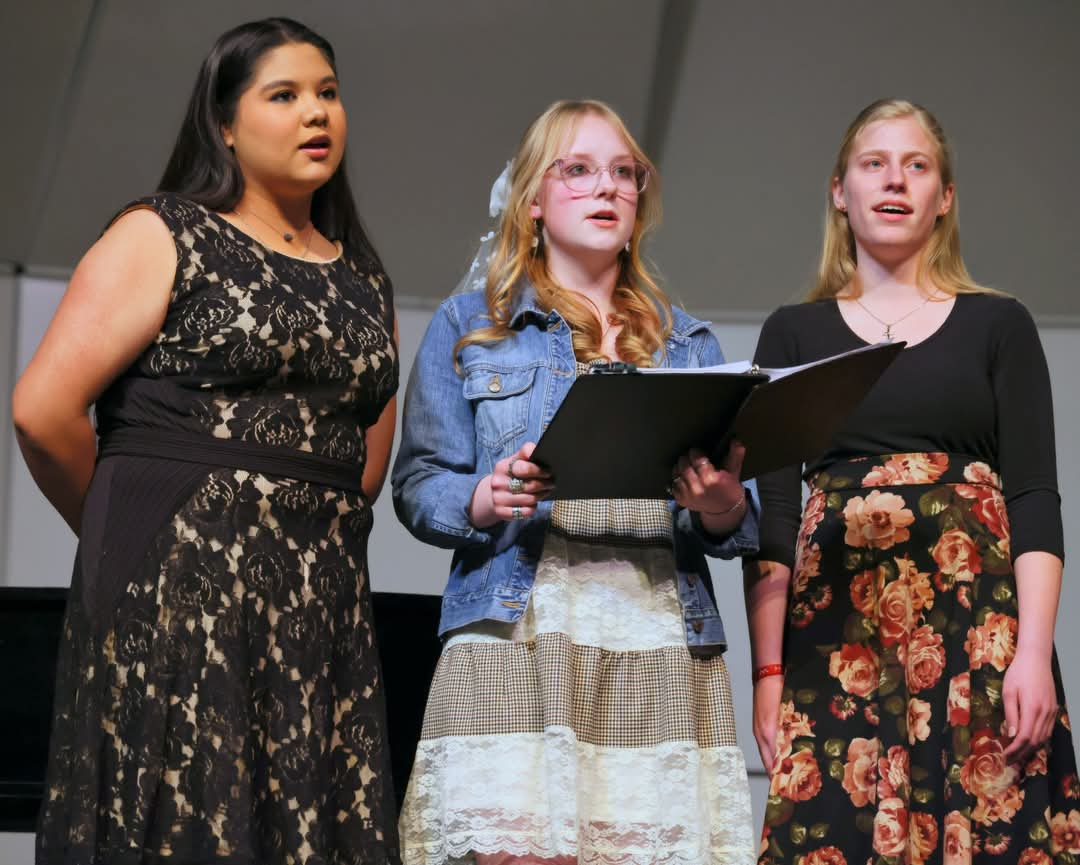
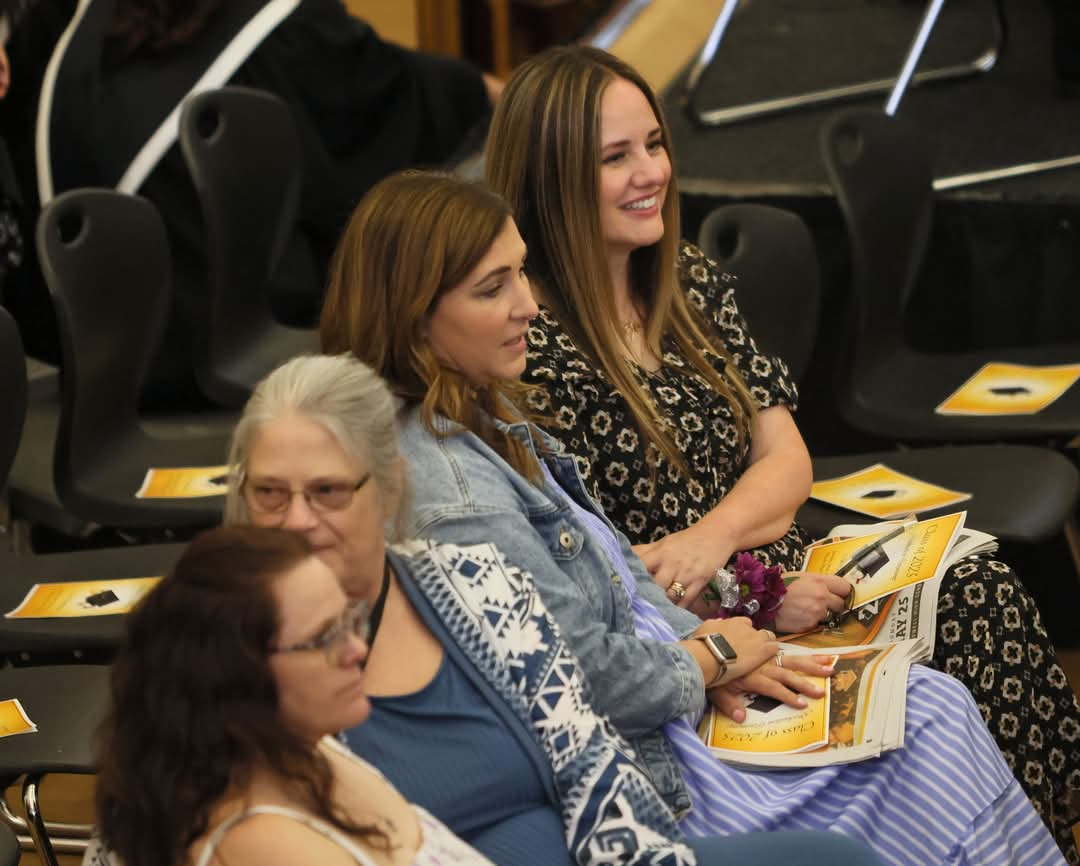
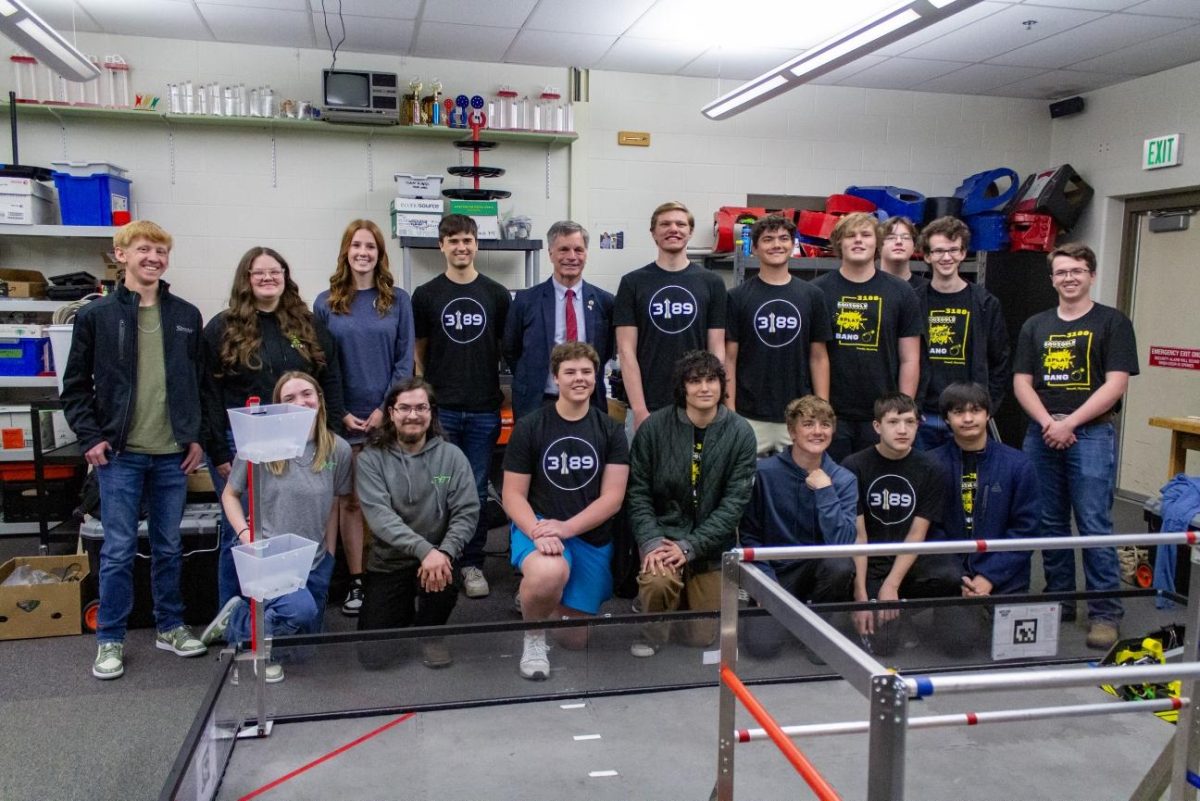

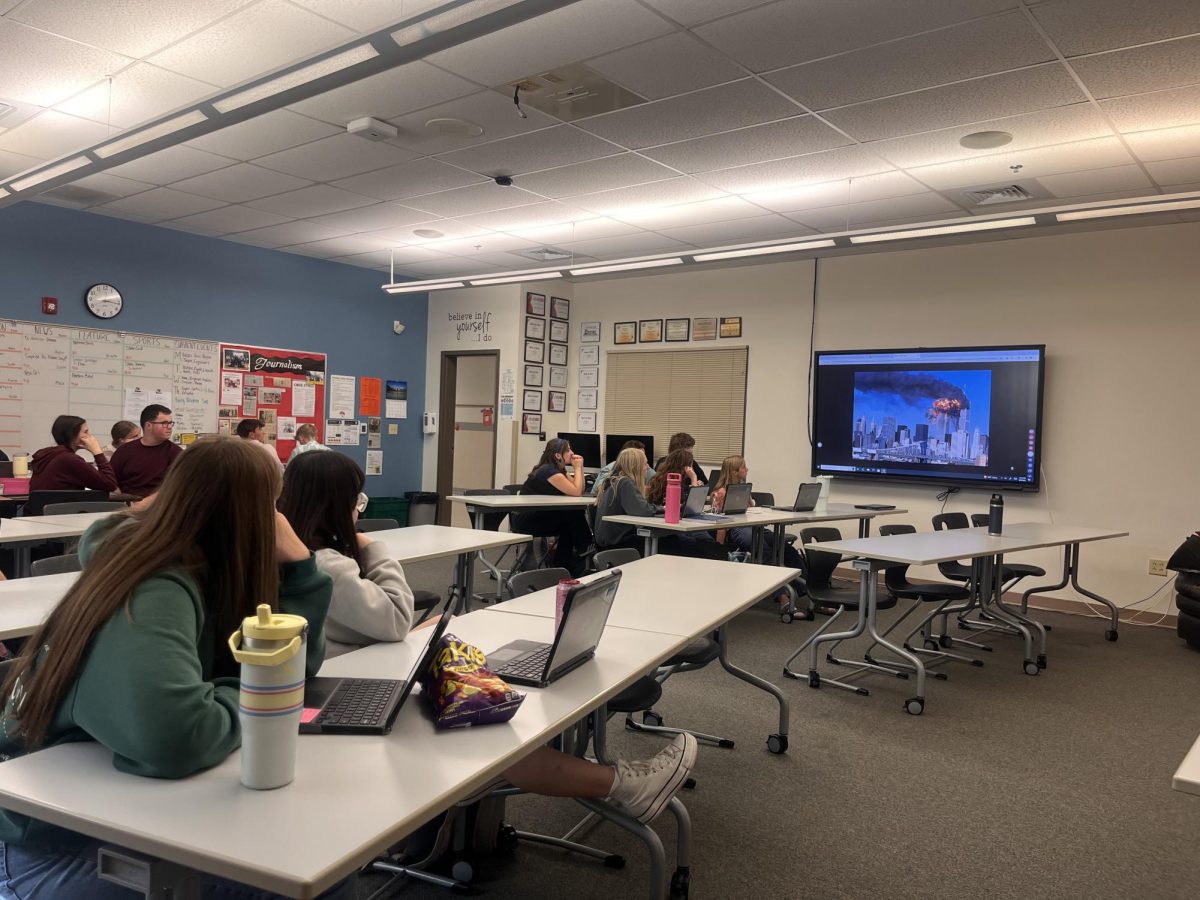
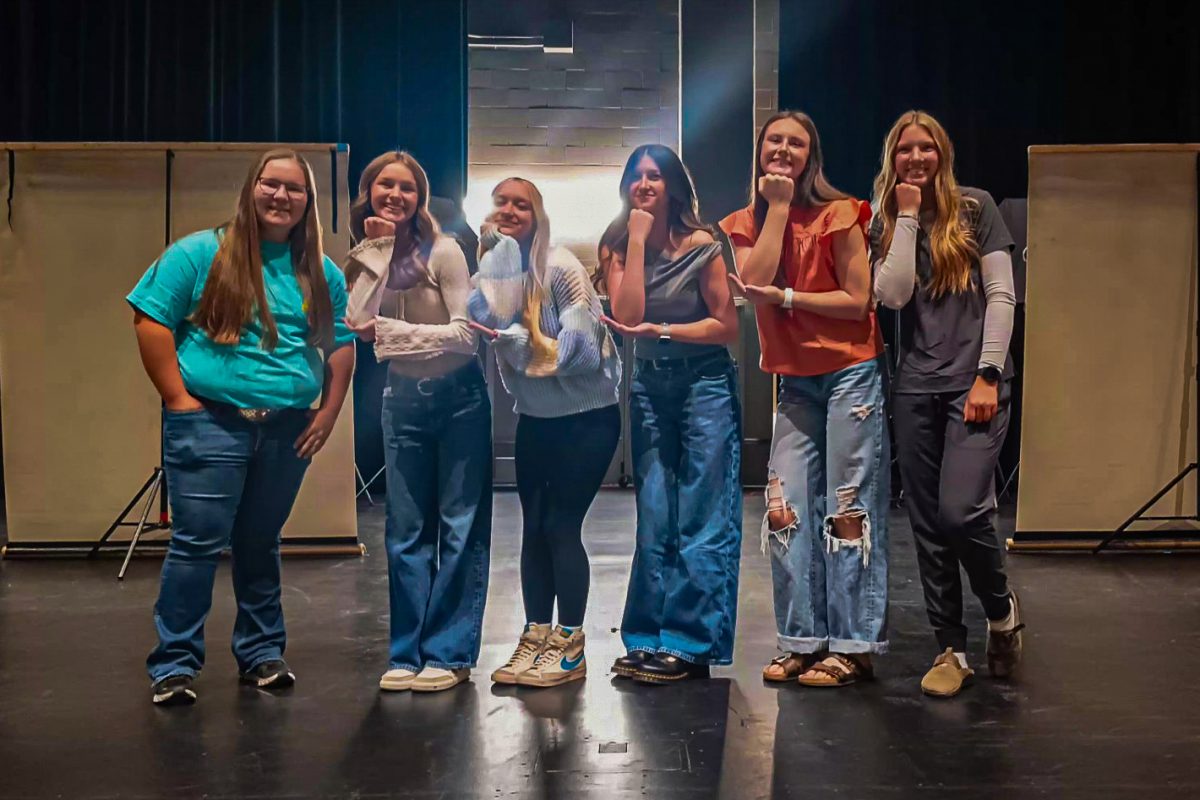
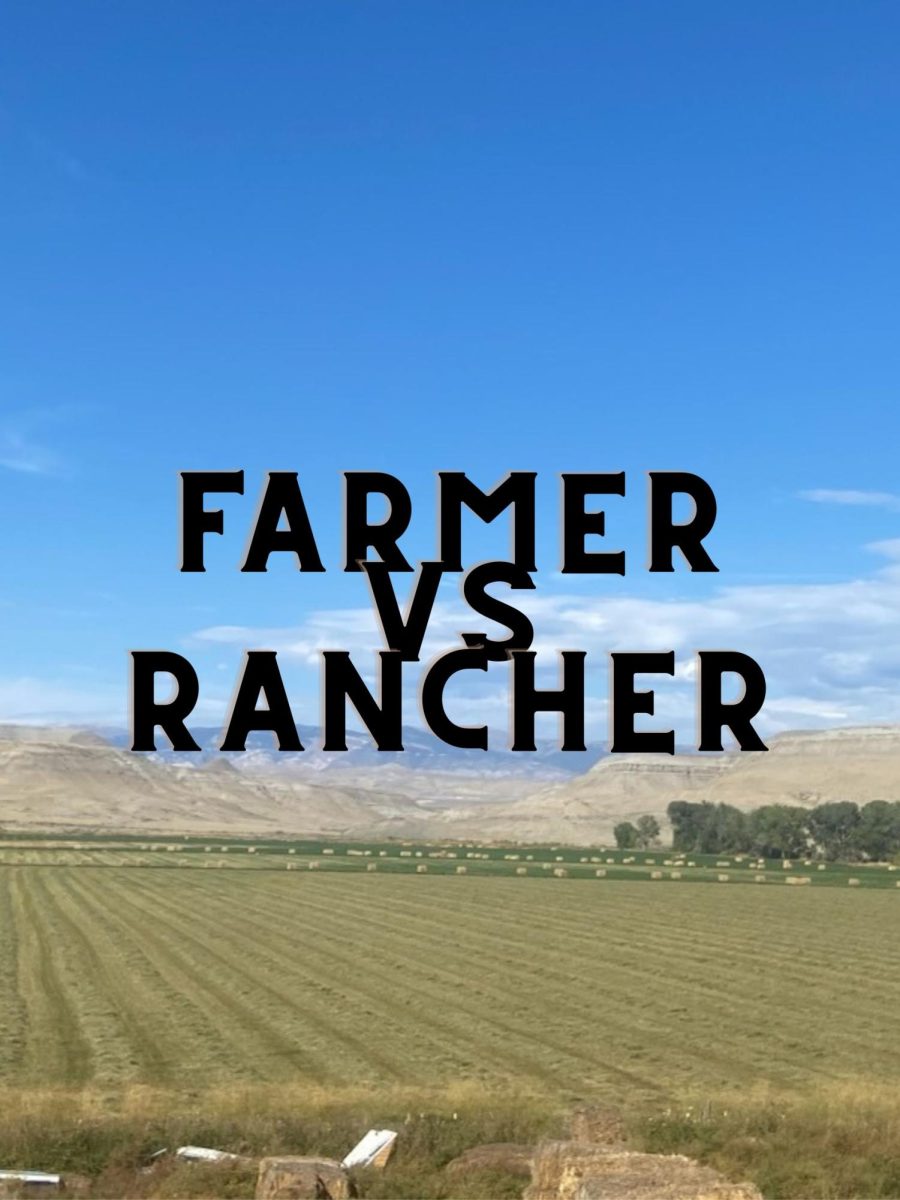
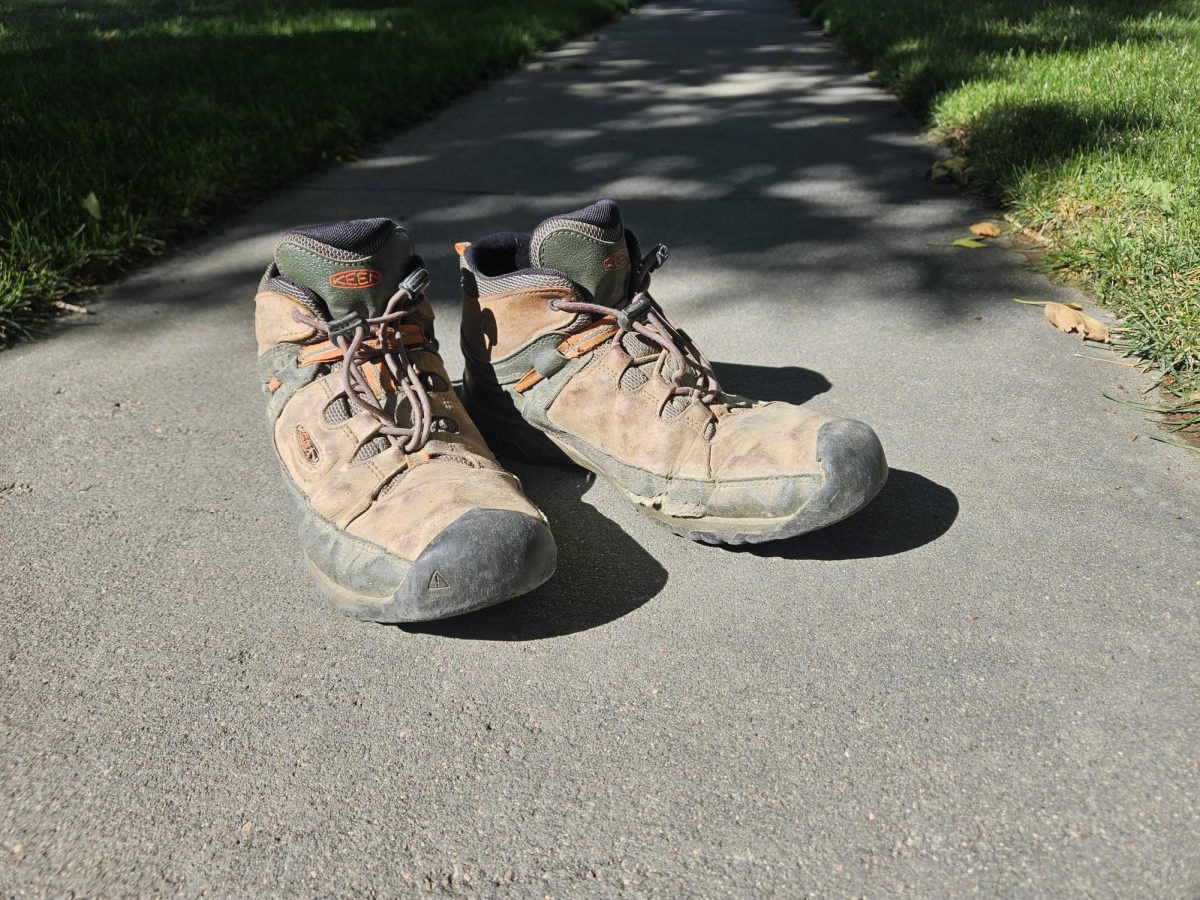
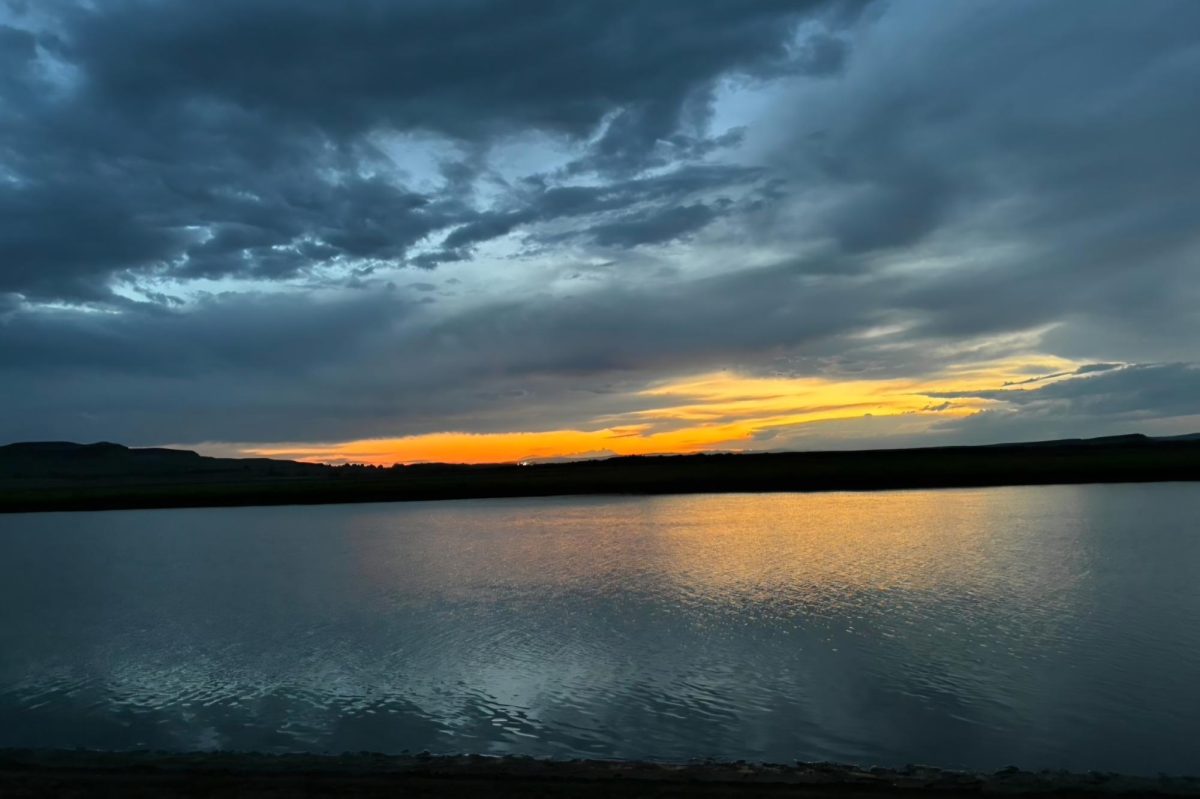
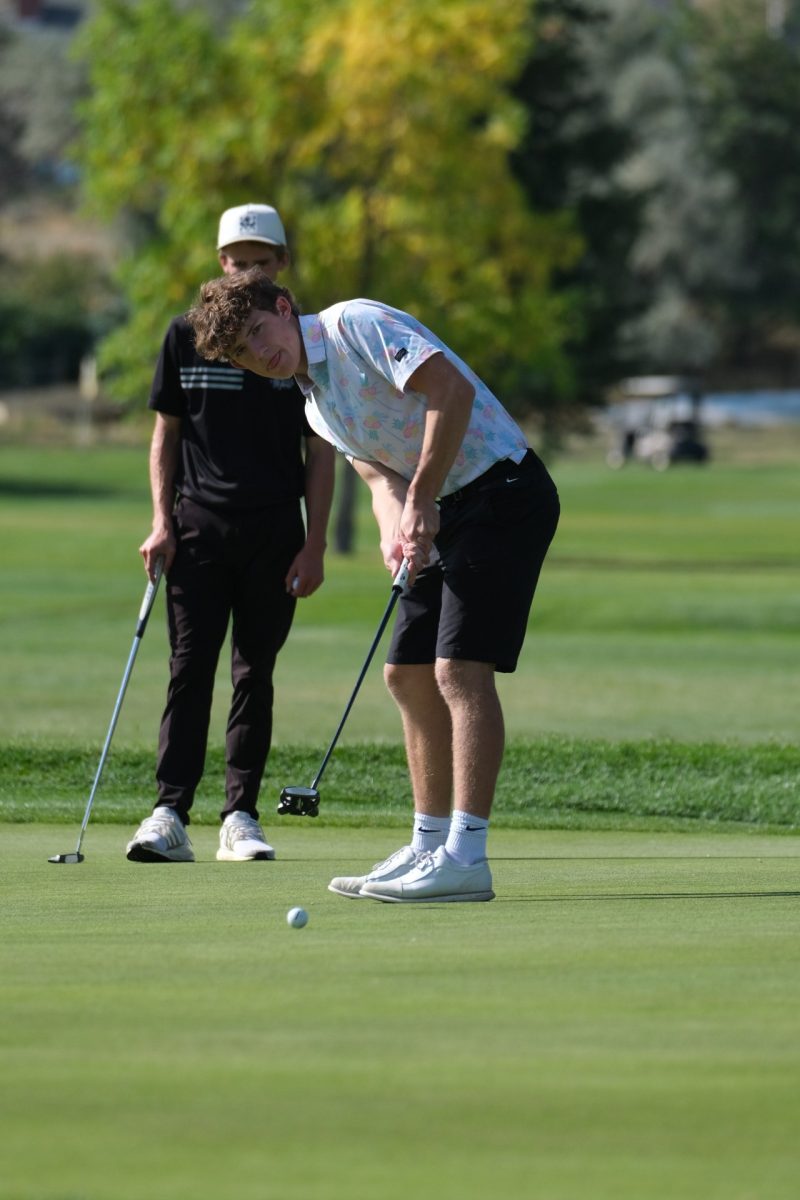
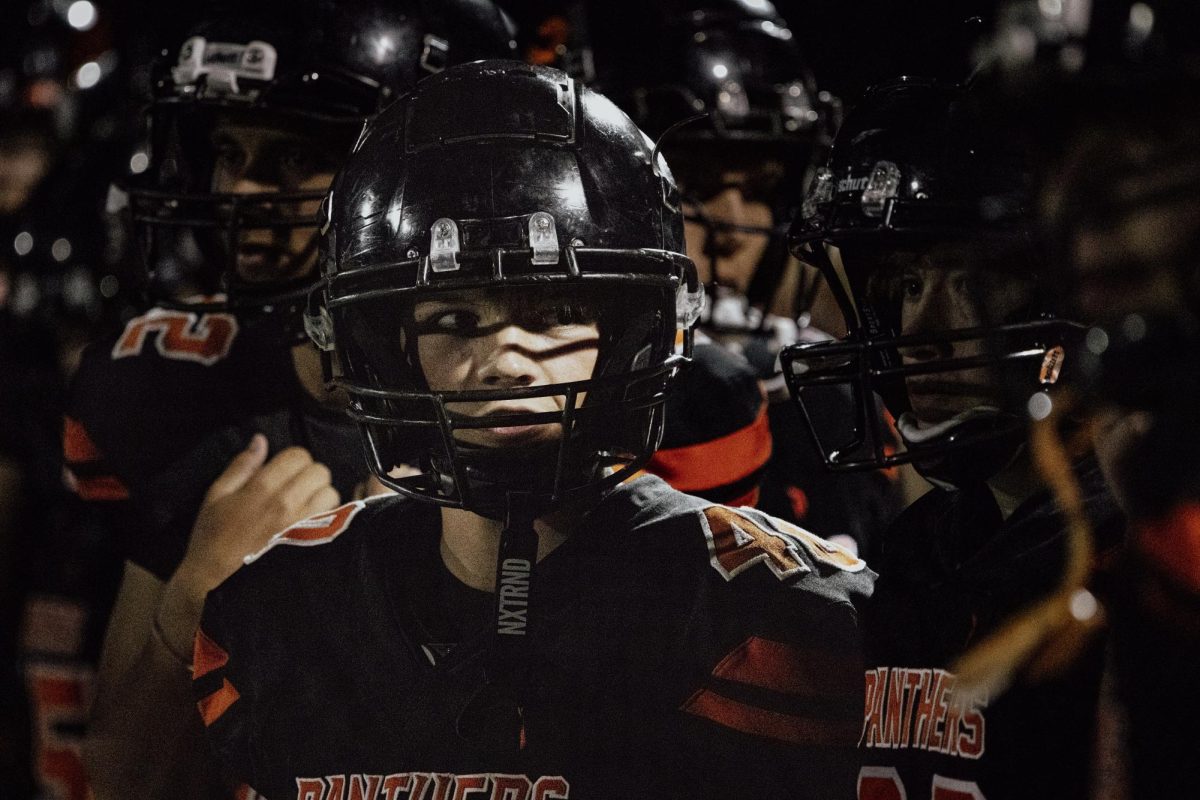
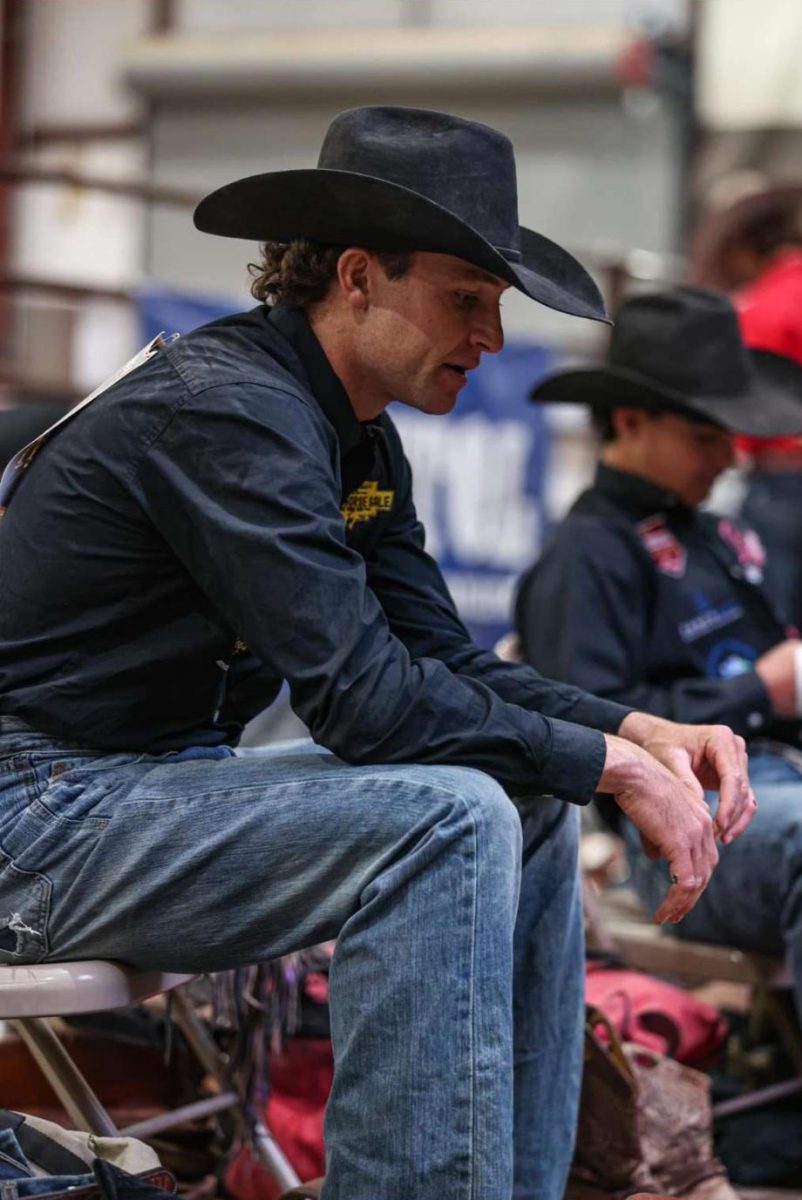
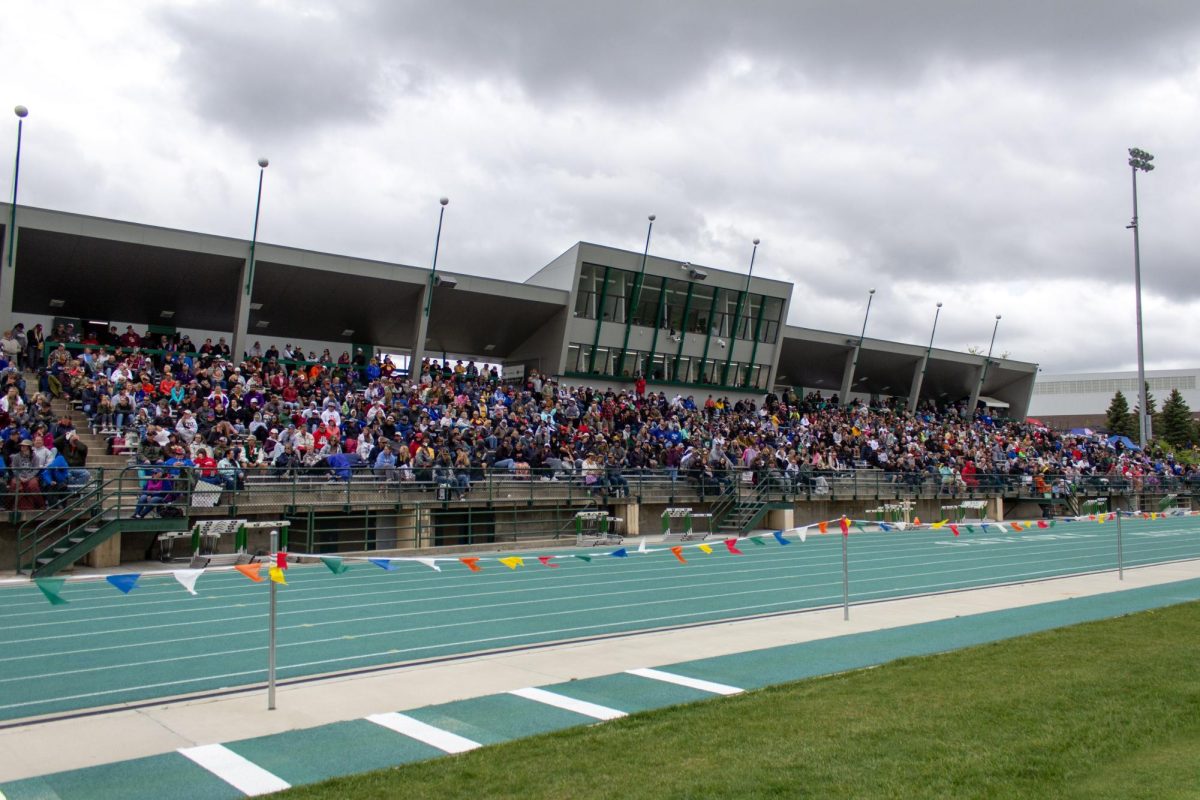
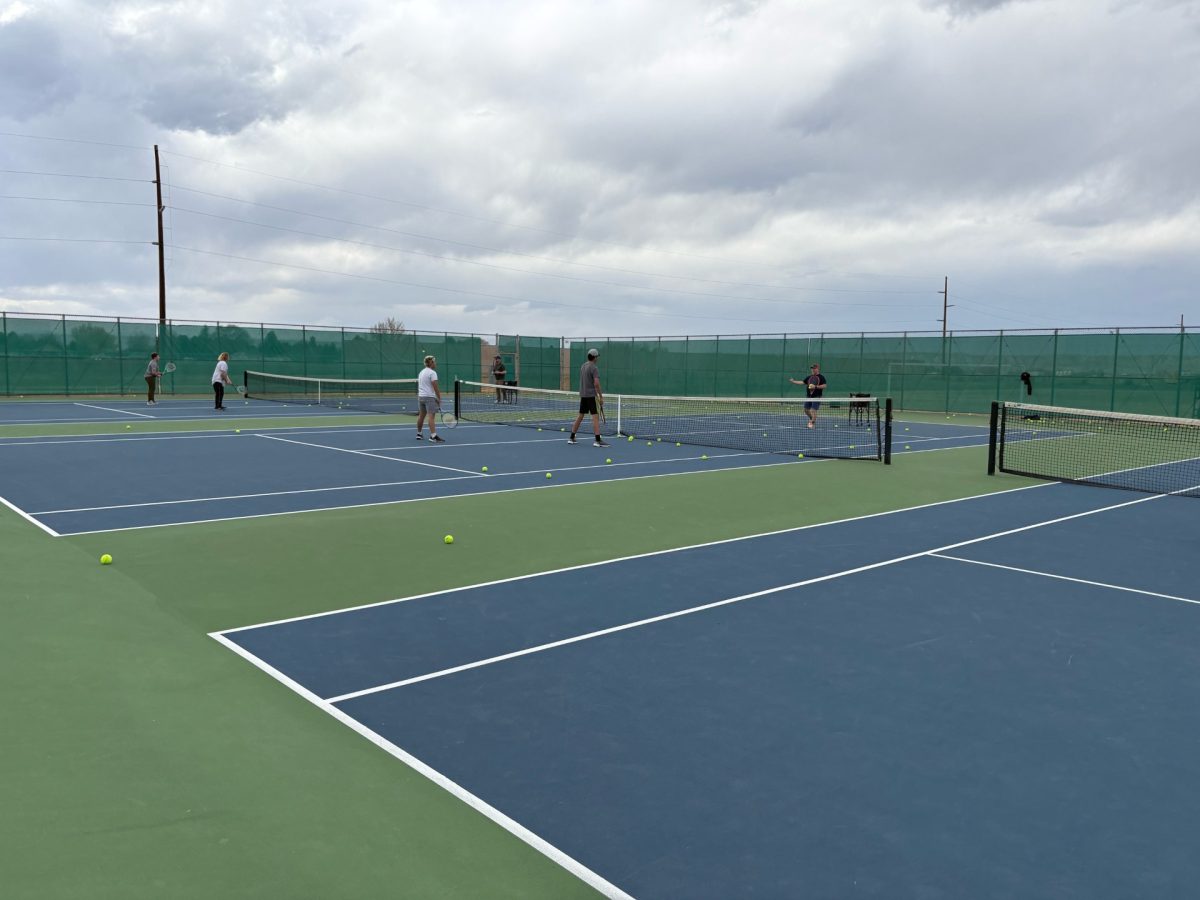
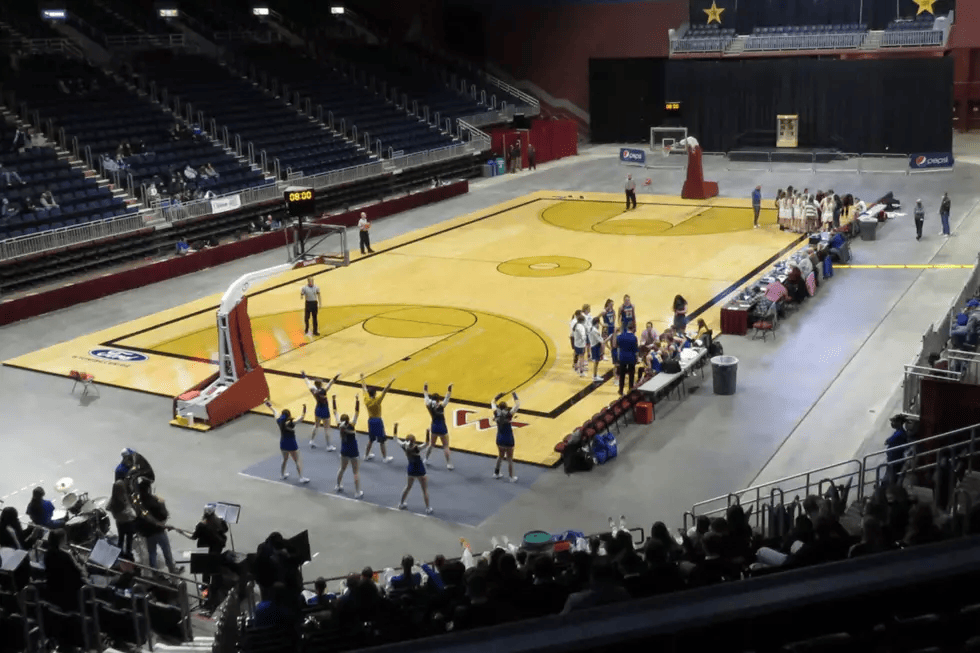
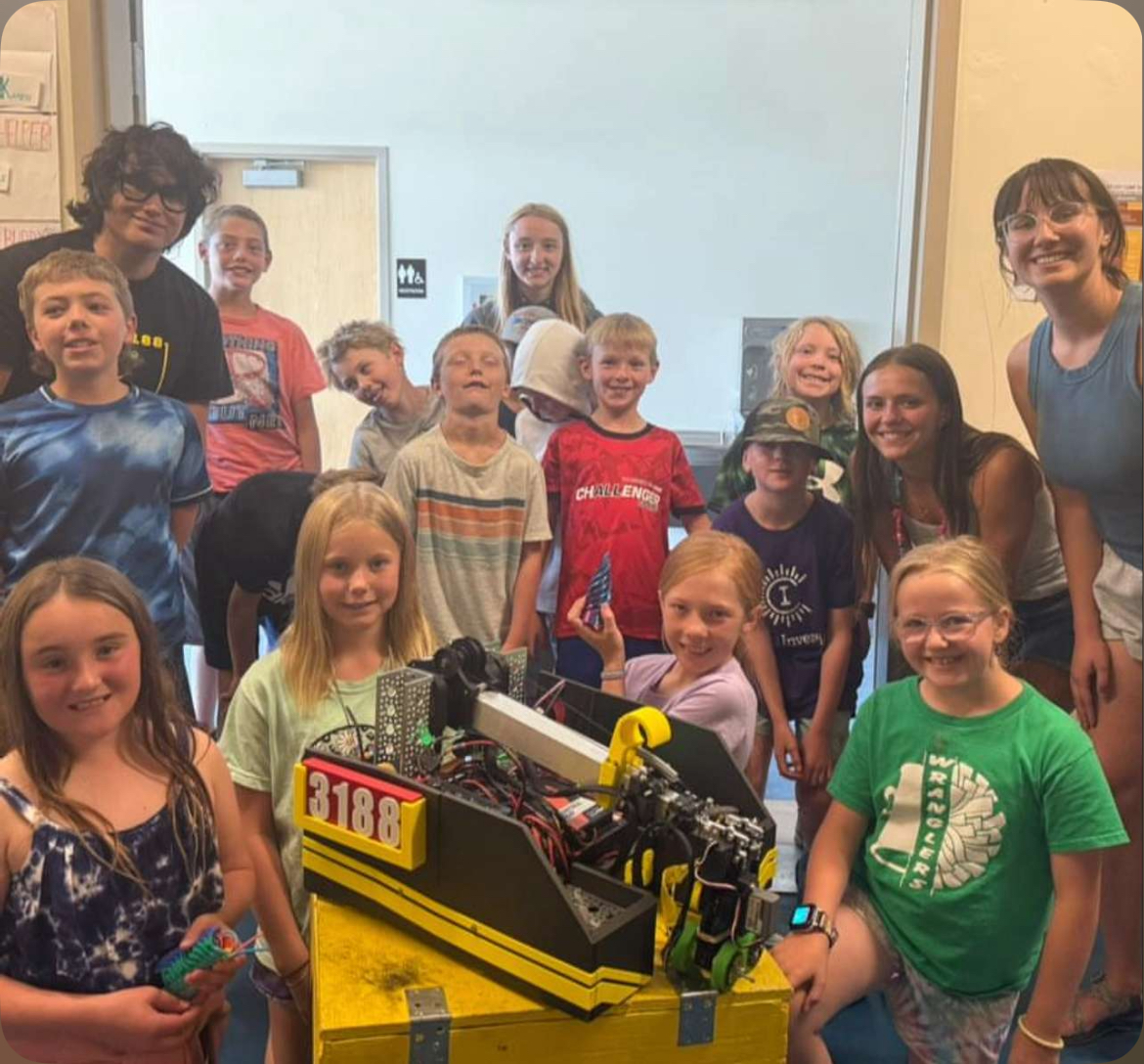




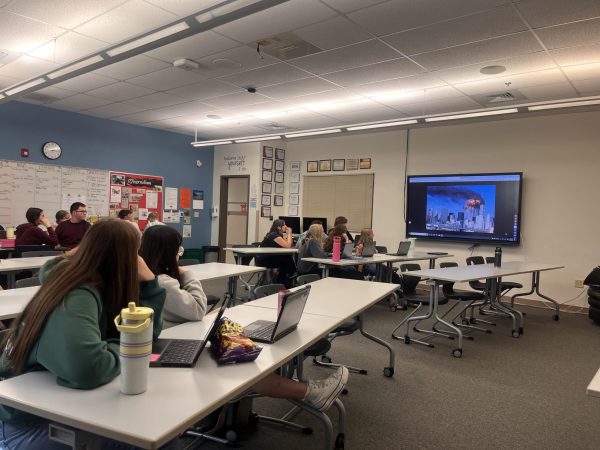
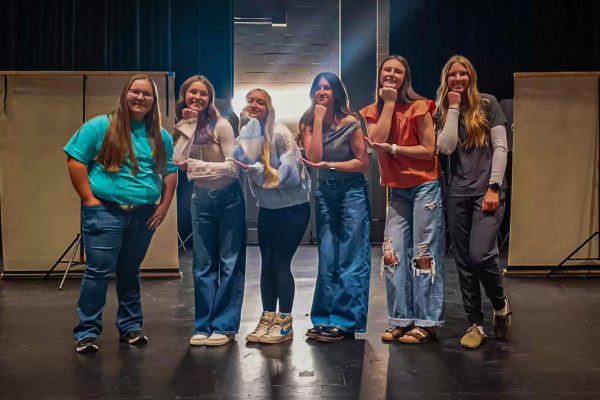
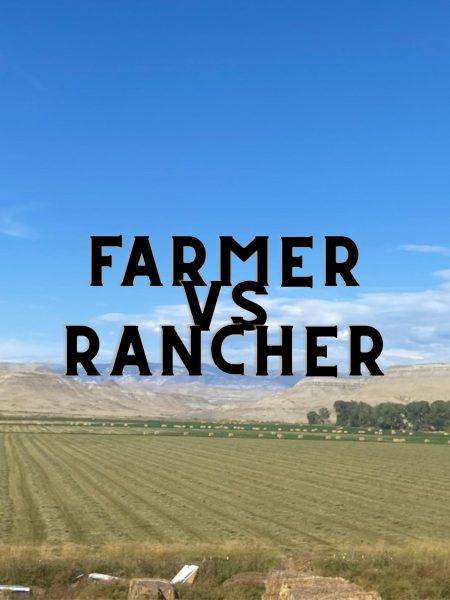
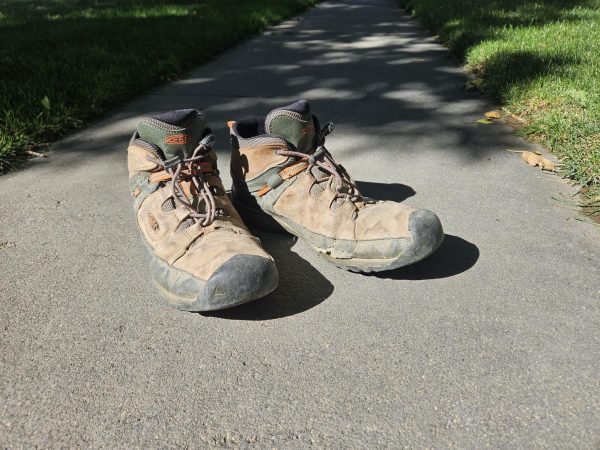
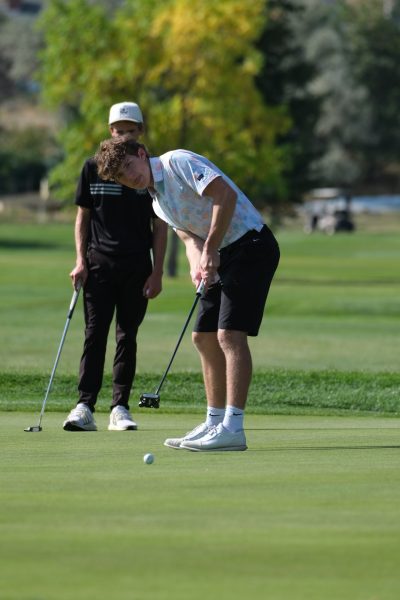
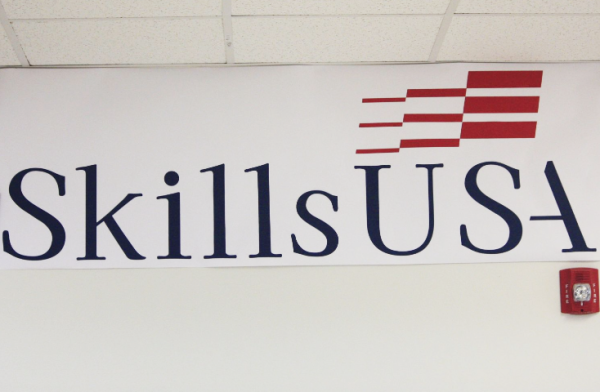
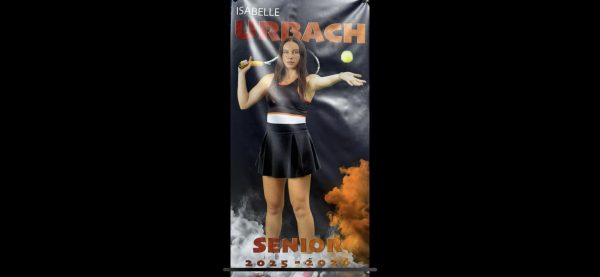
Lucyjane Crimm • Mar 5, 2021 at 7:53 am
The Prowl is so lucky to have gotten such a talented journalist and photographer as editor.